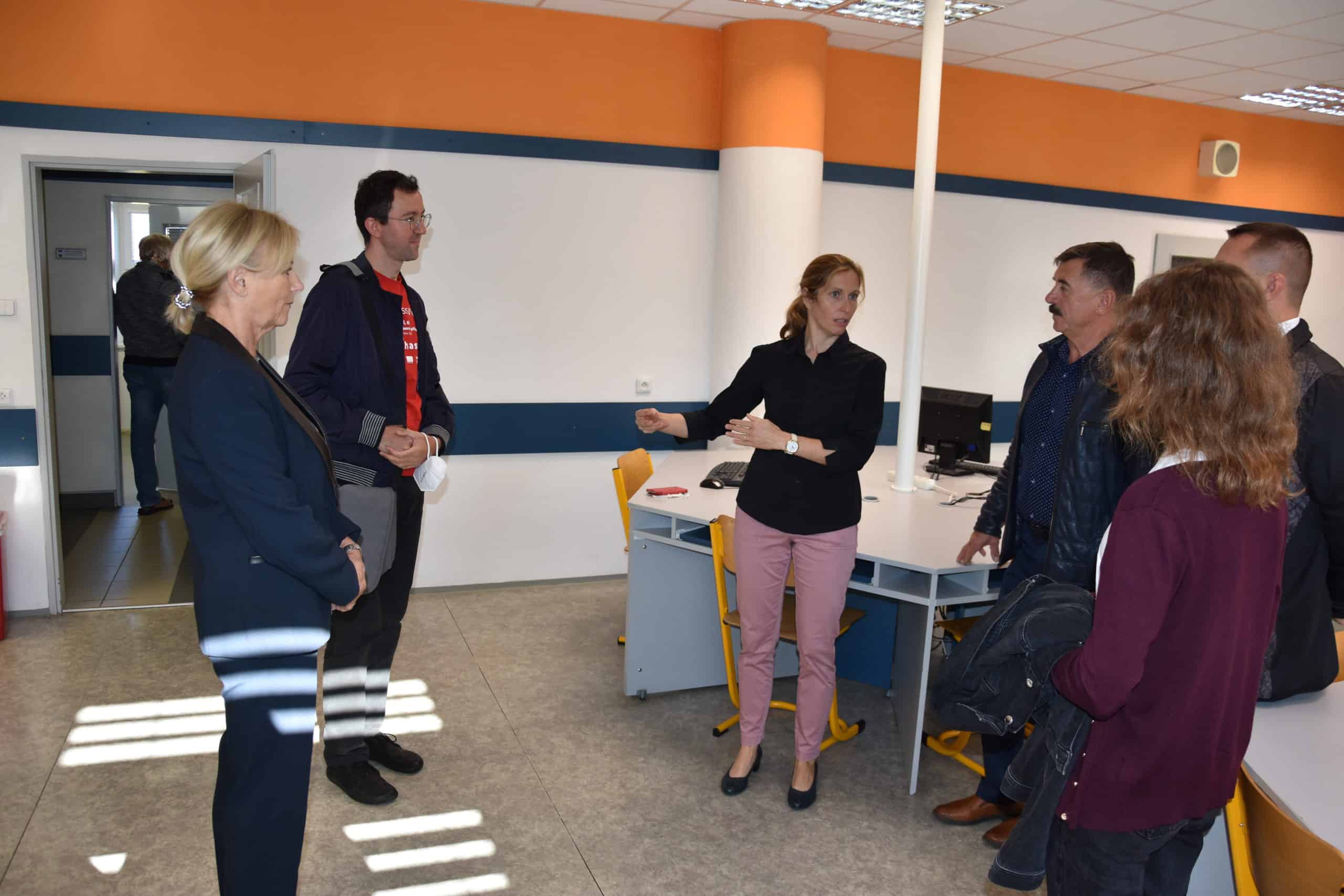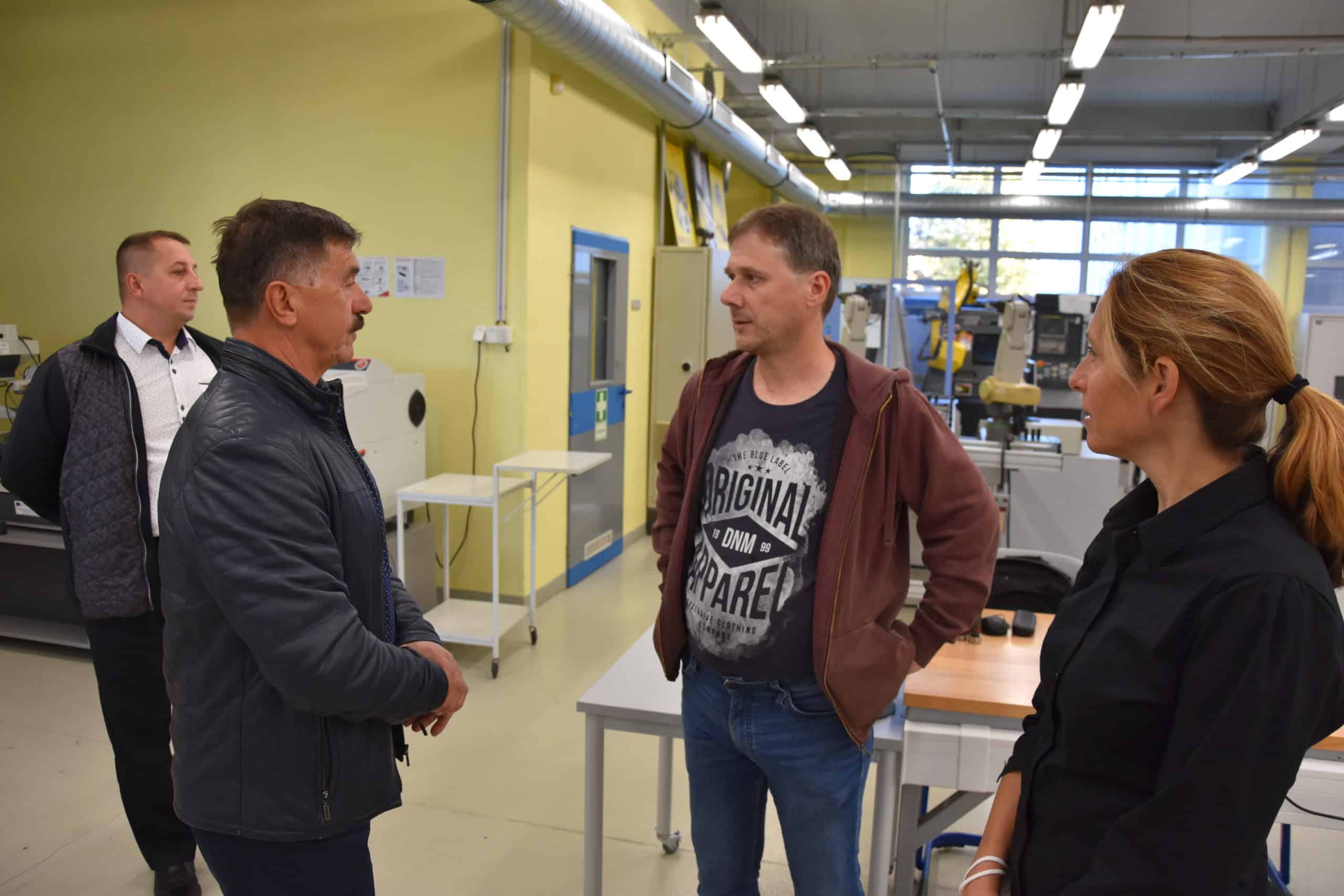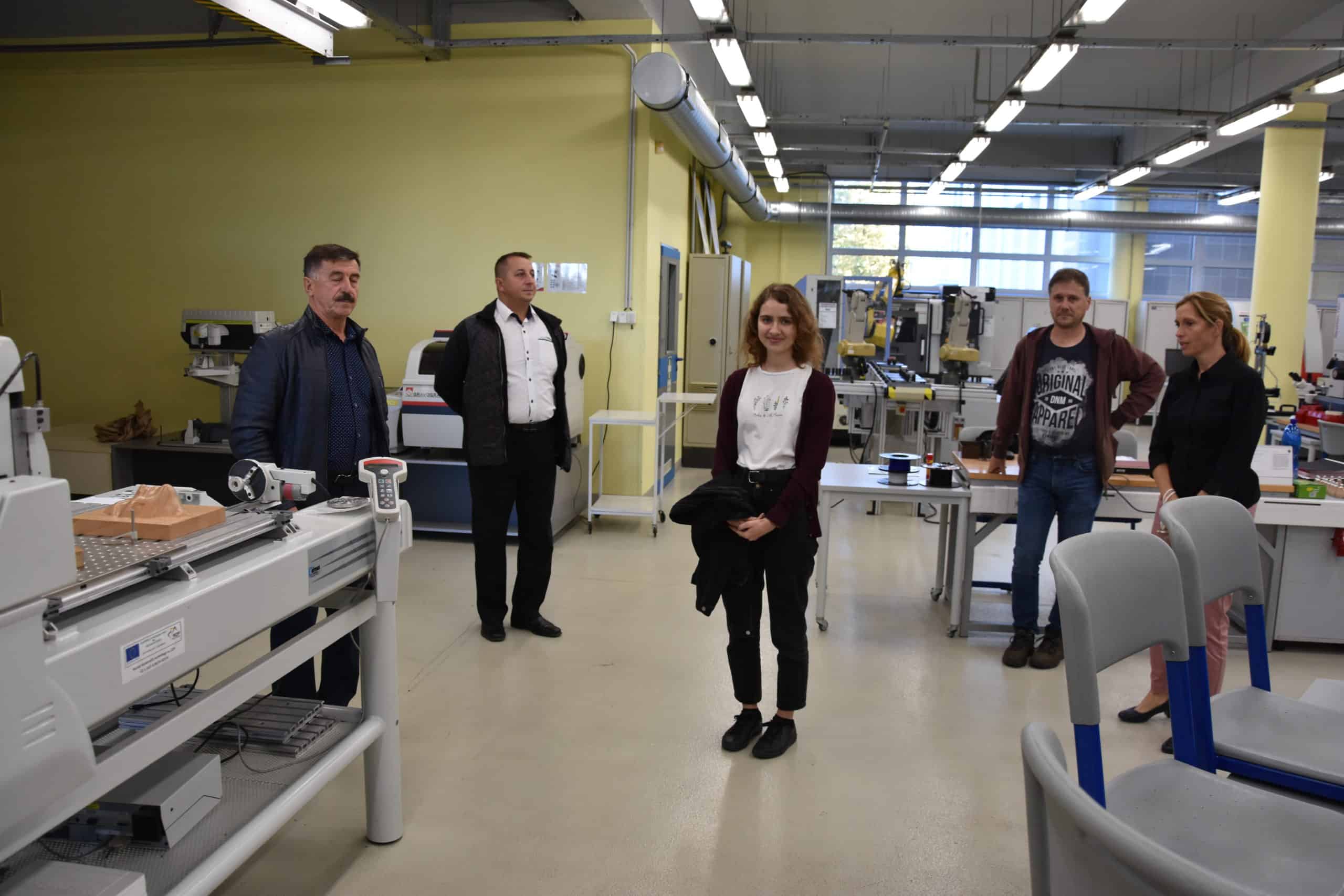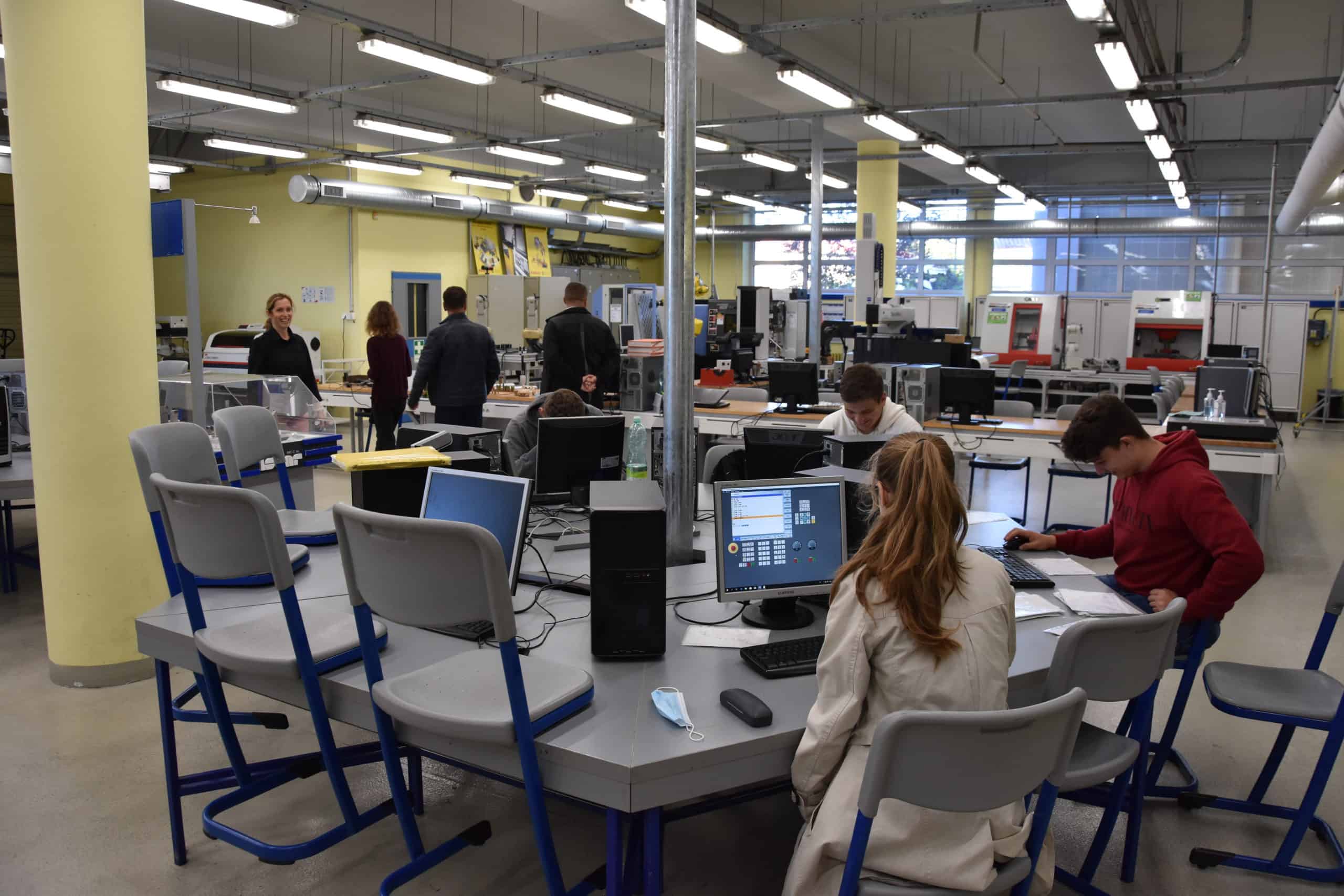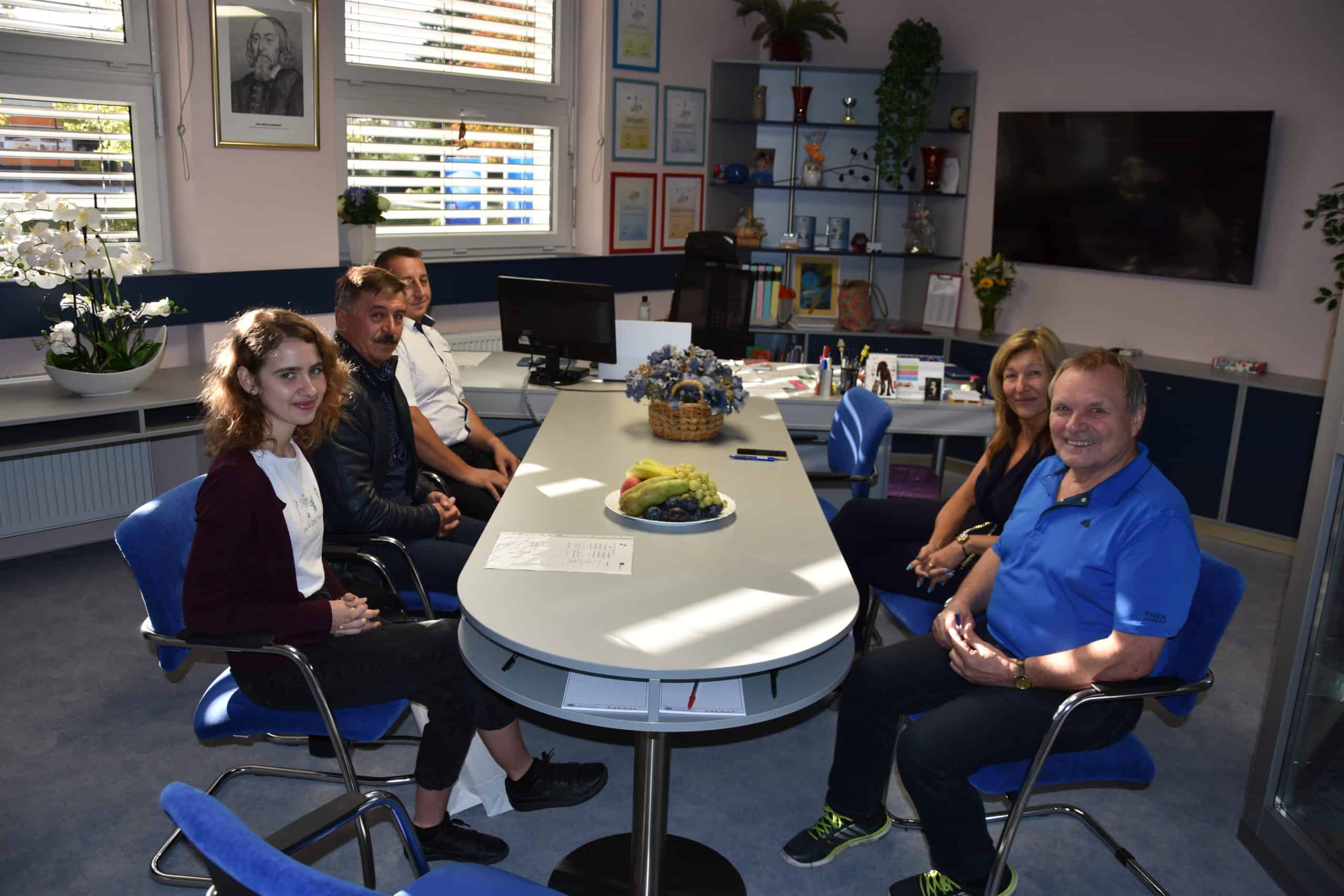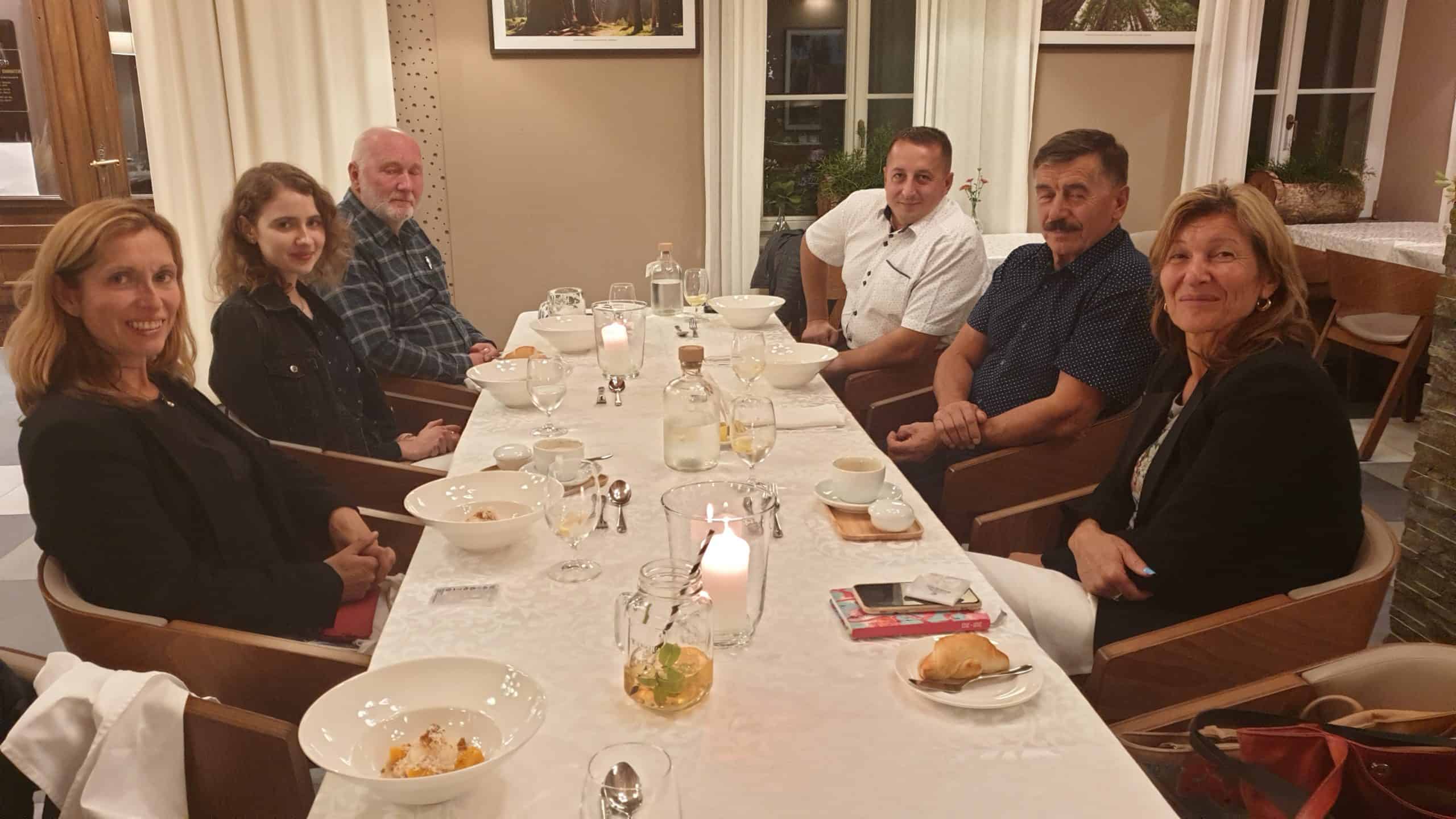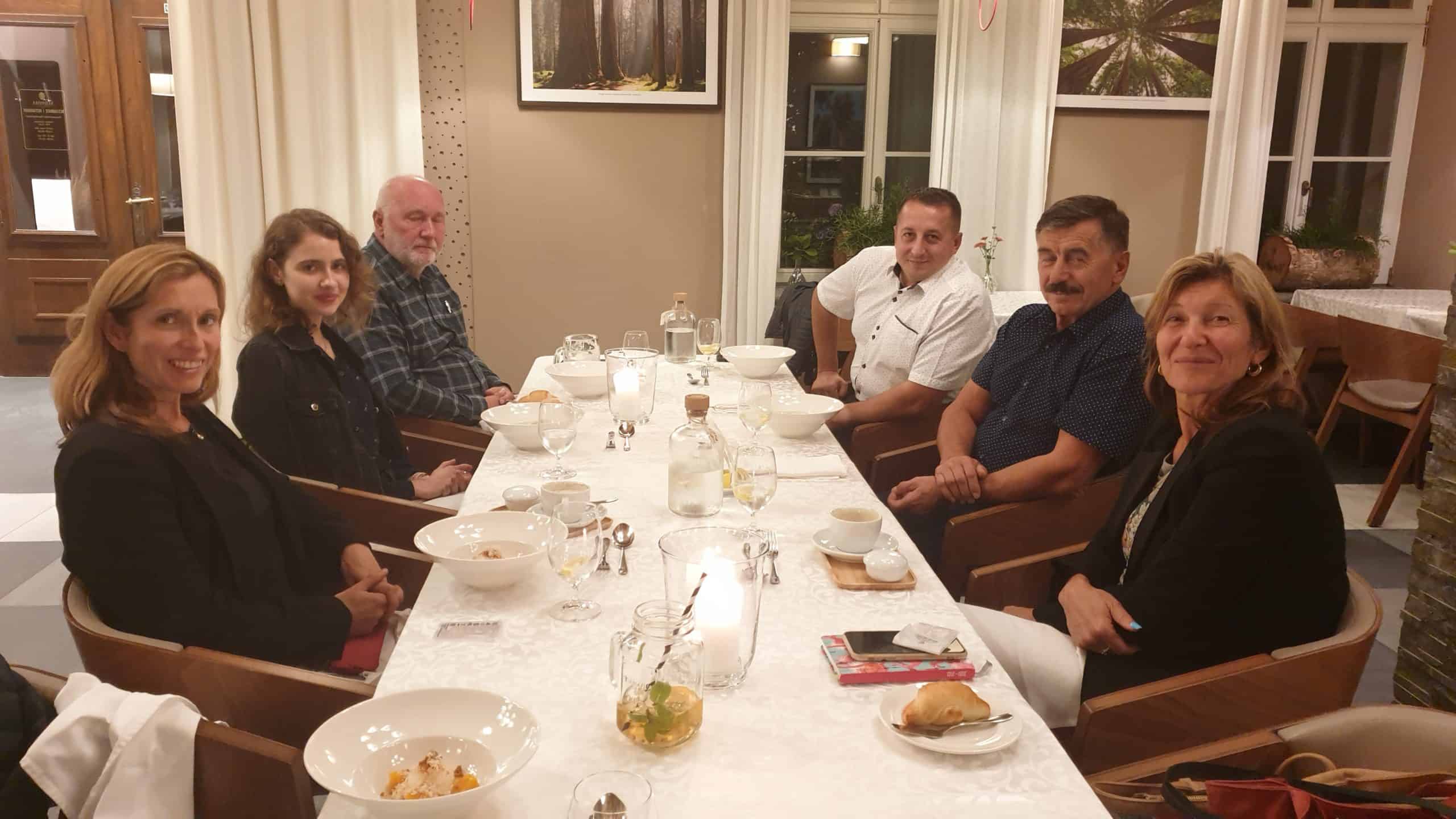DroPS is a project on improving the social skills of teachers who work with vulnerable student groups (NEETs, potential drop-outs).
Educa International has already worked with early school leavers in several projects, and we already have a lot of experience in this field, and the same experience have other schools we are working with.
Our experience is that teachers do not have sufficient social skills for their work. They can be good teachers, but they need much more in vocational schools – they need not only pedagogical skills but also social skills to understand the problems of their students and to be ready to solve their problems.
We have been running the Erasmus Second Chance School project, where this problem has emerged, and we would now like to submit Drop-Out Prevention Skills project (DroPS) project.
Our strategy is to combine universities (faculties of education) and vocational schools and to study the problems of leaving schools in vocational schools and to compare them with the system of educating young teachers at universities as they are ready to be good teachers and if they have enough social skills to prevent early leaving of schools.
The aim is to organize mutual visits of teachers to universities and schools, to make placements for students of pedagogical faculties in schools, and finally, we would like to prepare a model on how to change the teaching for future teachers (and retraining for teachers in schools).
We can see that many students left school before graduation because of problems other than knowledge because they often can not help them because of the low or lower social level of the family and elsewhere they have no chance of getting help. It should be a school, but the teachers are not ready and the pedagogical counselor is not the right person in this situation. Students of any school are with teachers in everyday contact.
The project within the ERASMUS KA2 Strategic Partnership addresses several issues at the same time from different areas of education and would include:
– cooperation of universities (pedagogical faculties) with the aim of strengthening the teaching of social pedagogy for university students – future teachers in vocational schools.
– further training teachers of vocational schools working with this group of young people (courses organized by universities and using the experience of Educa – there is a document of the Second Chance School project (Manual for Trainers of Second Chance School) as one of the project outputs from the previous project,
– cooperation between Second Chance Schools and vocational schools in different countries (CZ, SE, SI) between themselves and with universities, and to verify the experience and realistic possibilities for enhancing the quality of vocational school teachers,
– short-term training activities of university educators in vocational schools and second chance schools (5 days)
– long-term traineeships of university students (future teachers, students of social pedagogy, graduates) in second chance schools or in vocational schools (2-6 months) from the project budget or from the university Erasmus budget (KA1).
– a joint work of vocational schools and second chance school students to increase their motivation for study, another positive approach for life under the slogan “Never give up!”
In this way, we would like to allow cooperation on the project and create a project consortium with a partnership of 3-4 universities (CZ –University of Hradec Králové, SK – University of Presov, UK – Glasgow University, SE – currently undergoing selection), 3 vocational schools (SE -Malmö Second Chance School, CZ – Vocational School OUaPŠ Kladno-Vrapice, SI – vocational school). The project coordinator would be Educa International, o.p.s.
The project will address core areas:
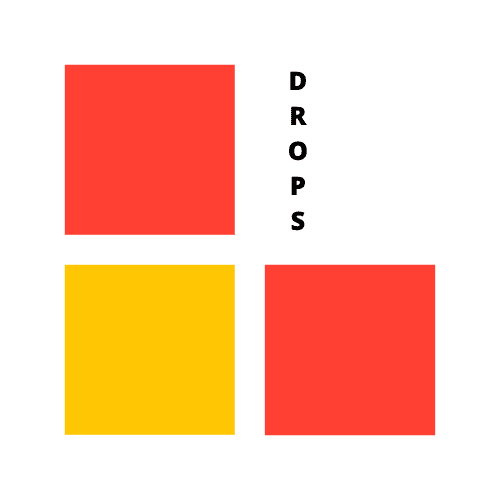
Duration of the project: 01.09.2019 – 30.09.2020, prolonged until 30.09.2021
Partner organisations:
Coordinatorof the project: Educa International, o.p.s.
Partners of the project:
There are 5 transnational project meetings planned.
1-Kick-off Meeting: 19. – 20. listopadu 2019, Sezimovo Ústí, Czech Republic
First Kick-off Meeting was organised in order to get to know each partner organisation and contact persons. Each partner organisation prepared a presentation in powerpoint in order to inform about the main tasks of its institution. We discussed Partnership Agreement, financial questions, time schedule of the whole project period and forms of the communication and sharing information. Experience of each partner with the prevention of drop-outs within study and work with drop-outs were shared, a school guided tour was prepared. Meanwhile, a questionnaire concerning thequestions like number of drop-outs of infividual institution/country, main reasons (if known), responsible person for solving social problems of students, support students and teachers in strengthening of social skills was prepared for the next meeting in Vienna and sent to all partners.
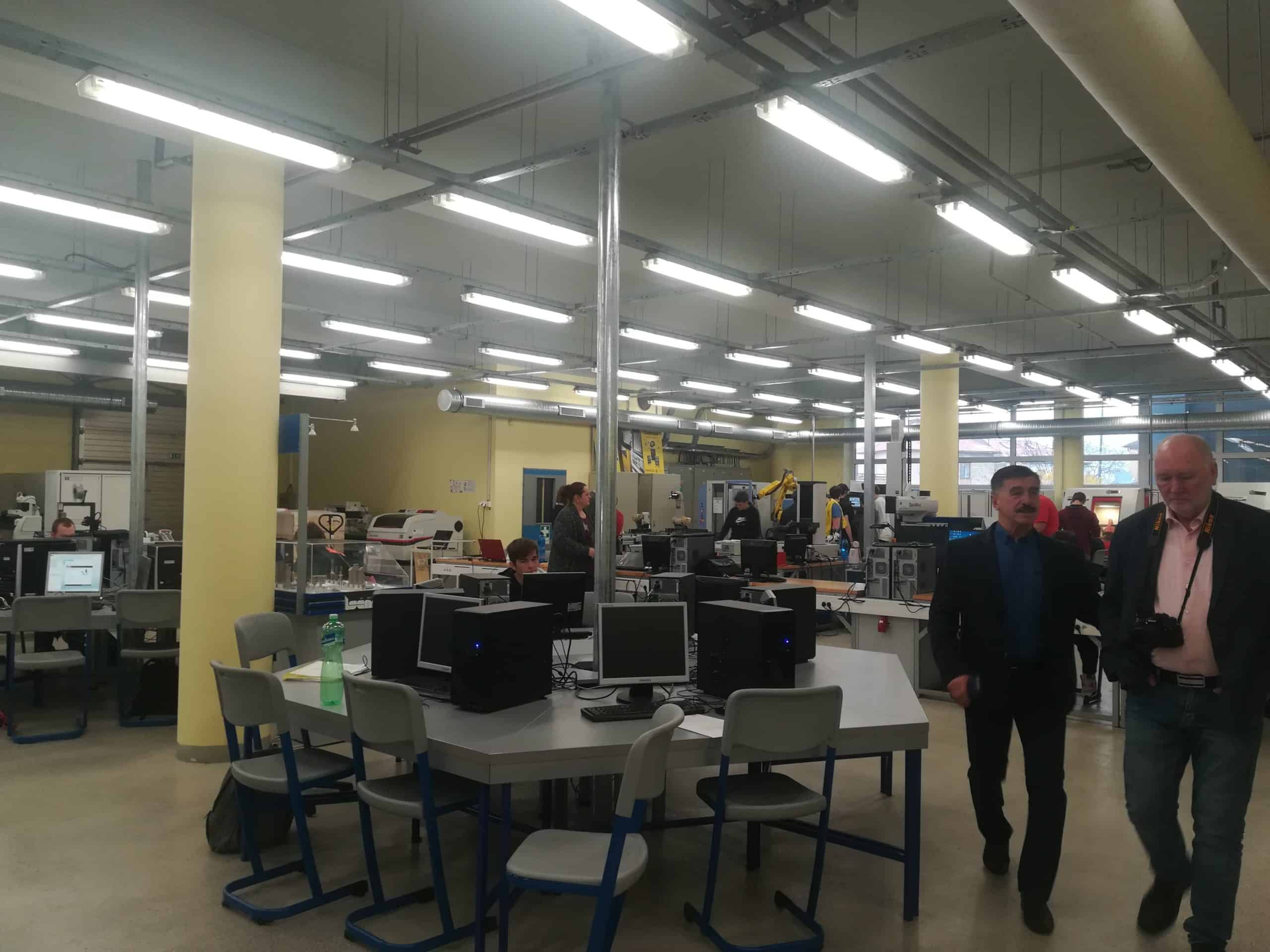
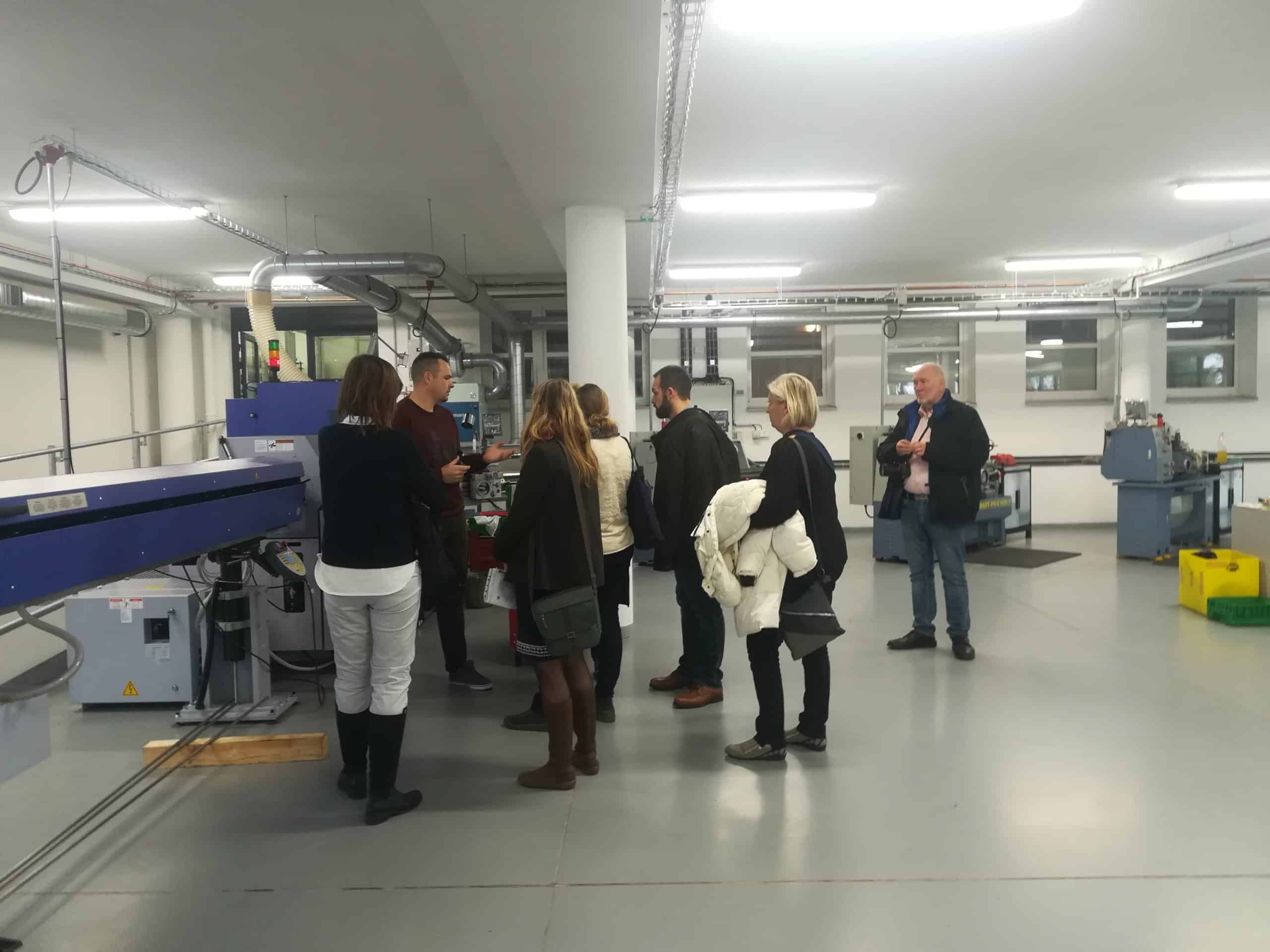
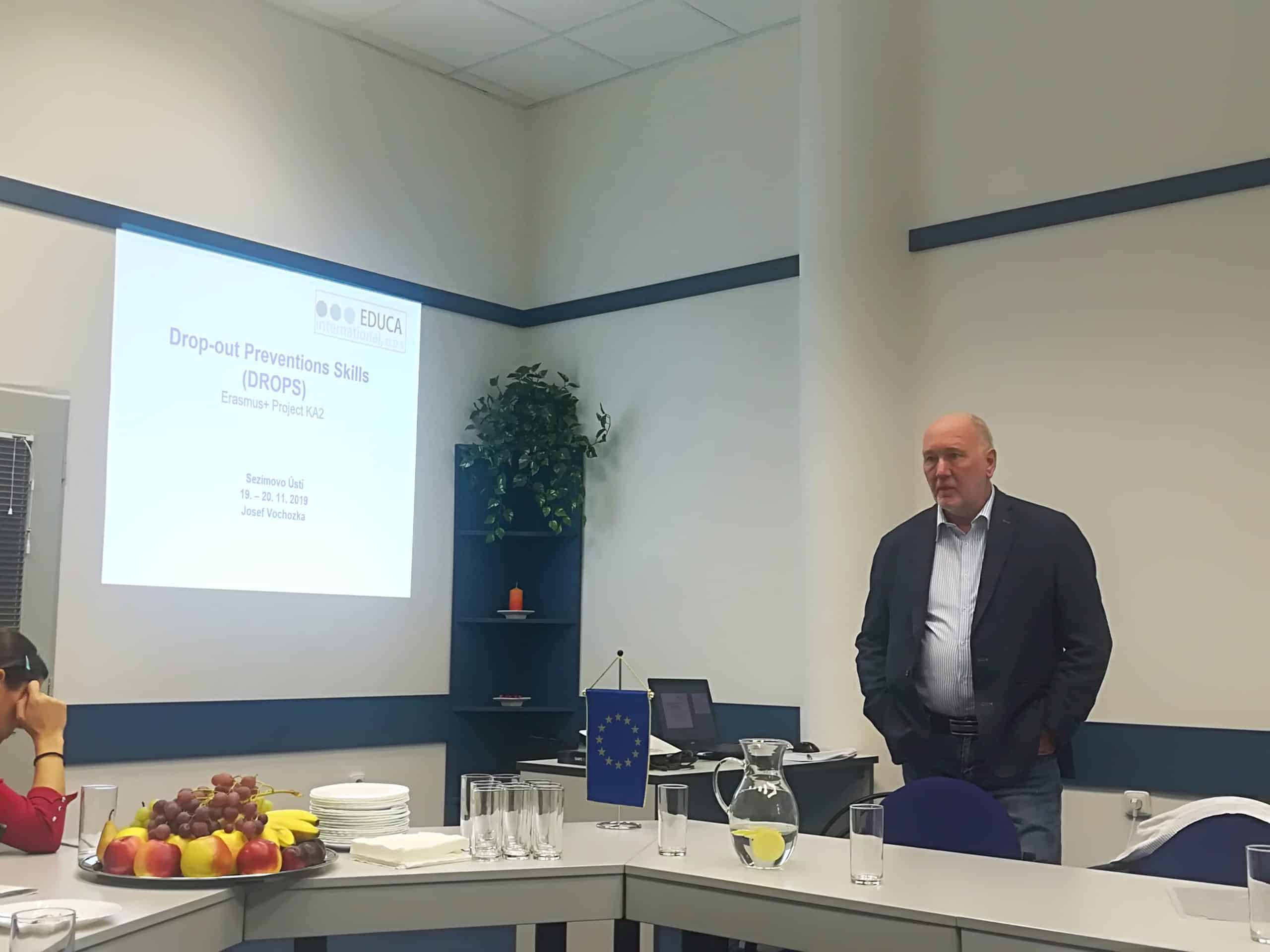
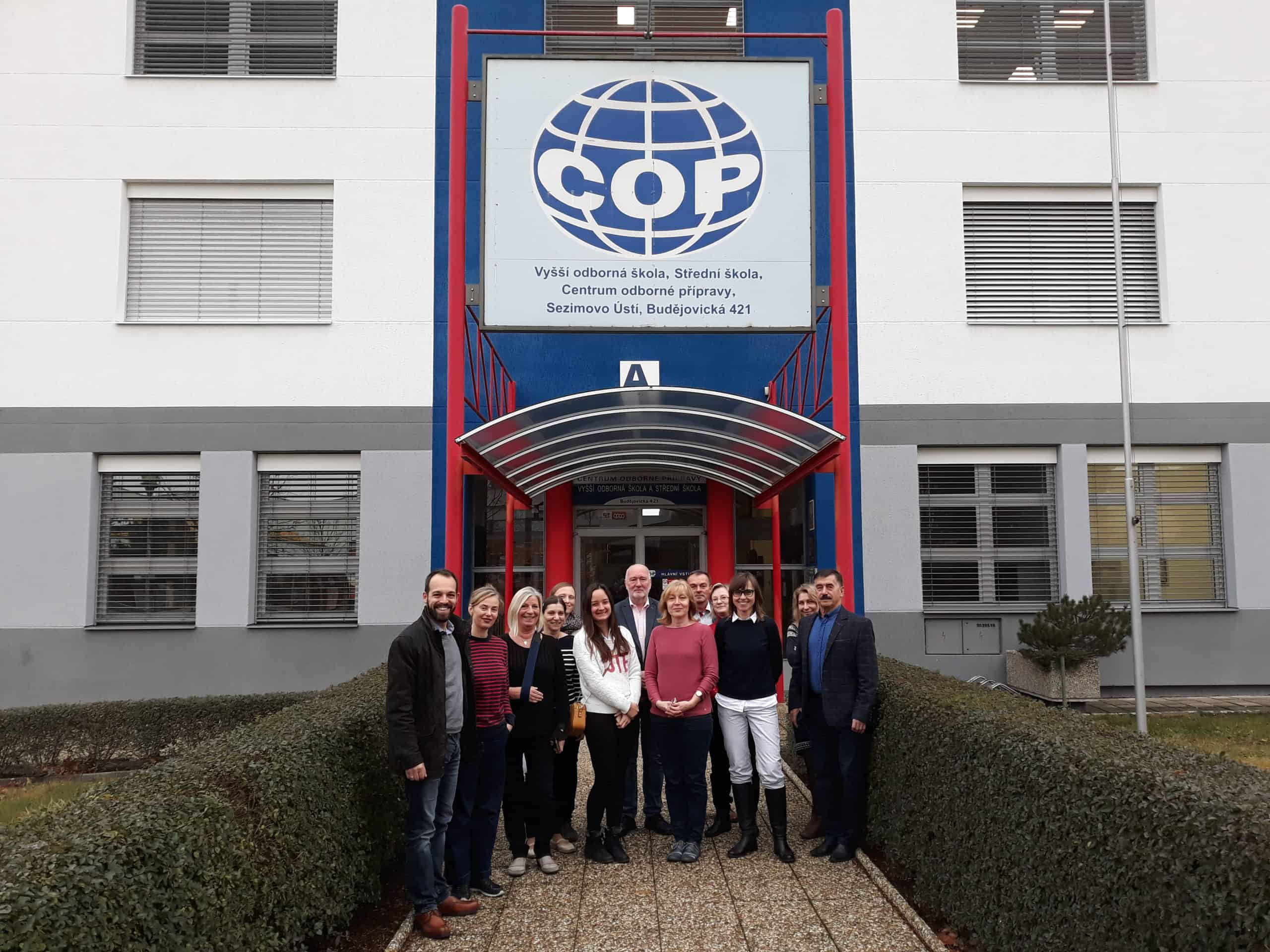
2-meeting: Working group for data analysis, 10th – 11th December 2019 in Vienna, Austria
Second meeting was held in Vienna in December 2019. Before the meeting a questionnaire was sent to each partner organisation. During the first day there were prepared two workshops. First named “Data analysis – survey results” where all partners shared their reasons for drop-out on national and institutional level, after this continued discussion and experience exchange. Second workshop named “Approaches to prevent drop-out” followed by discussion and experience exchange (teaching and training methods, prevention skills, programmes). There was organized a school guide tour in Second chance school “Produktionsschule”.

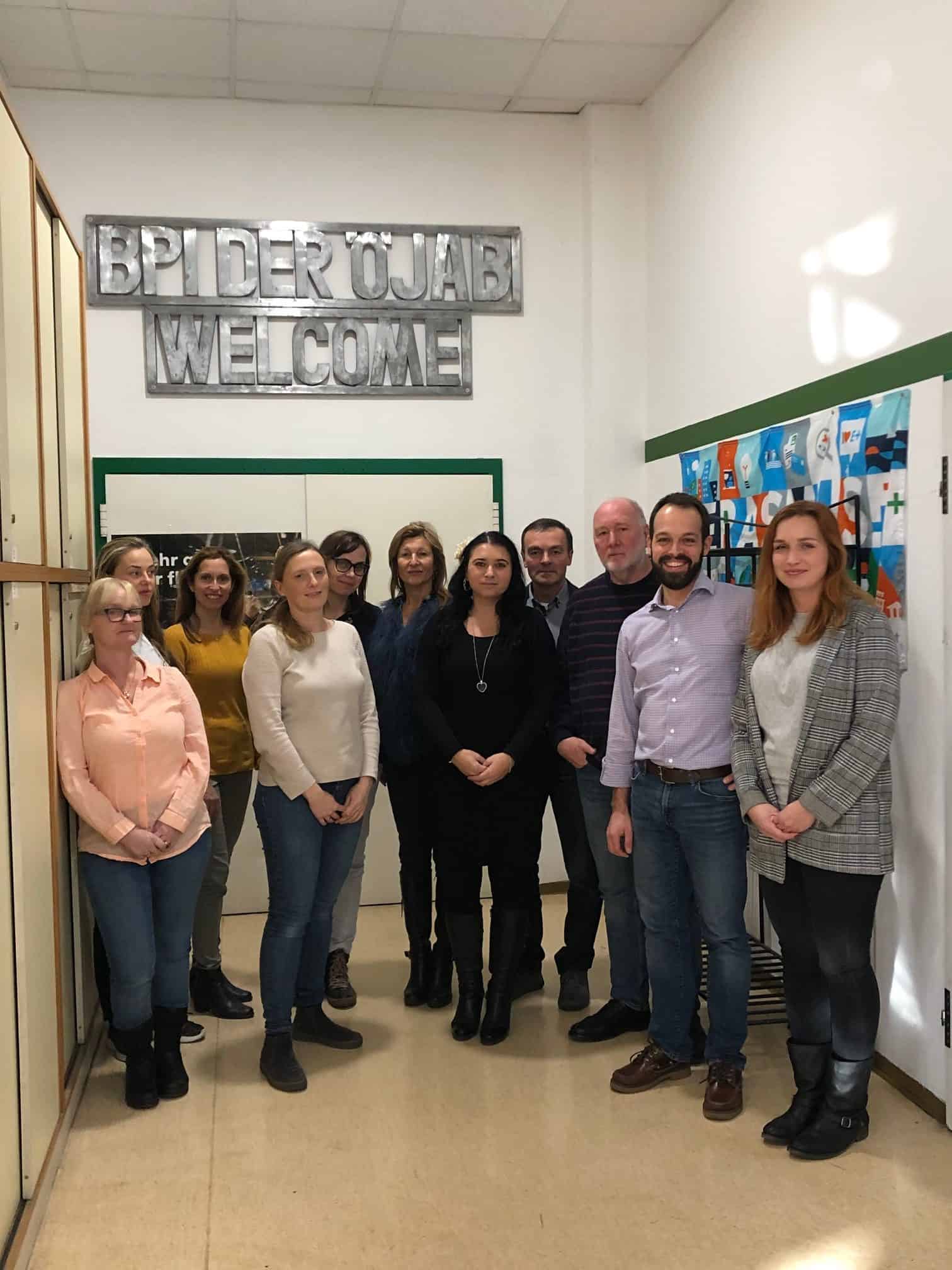
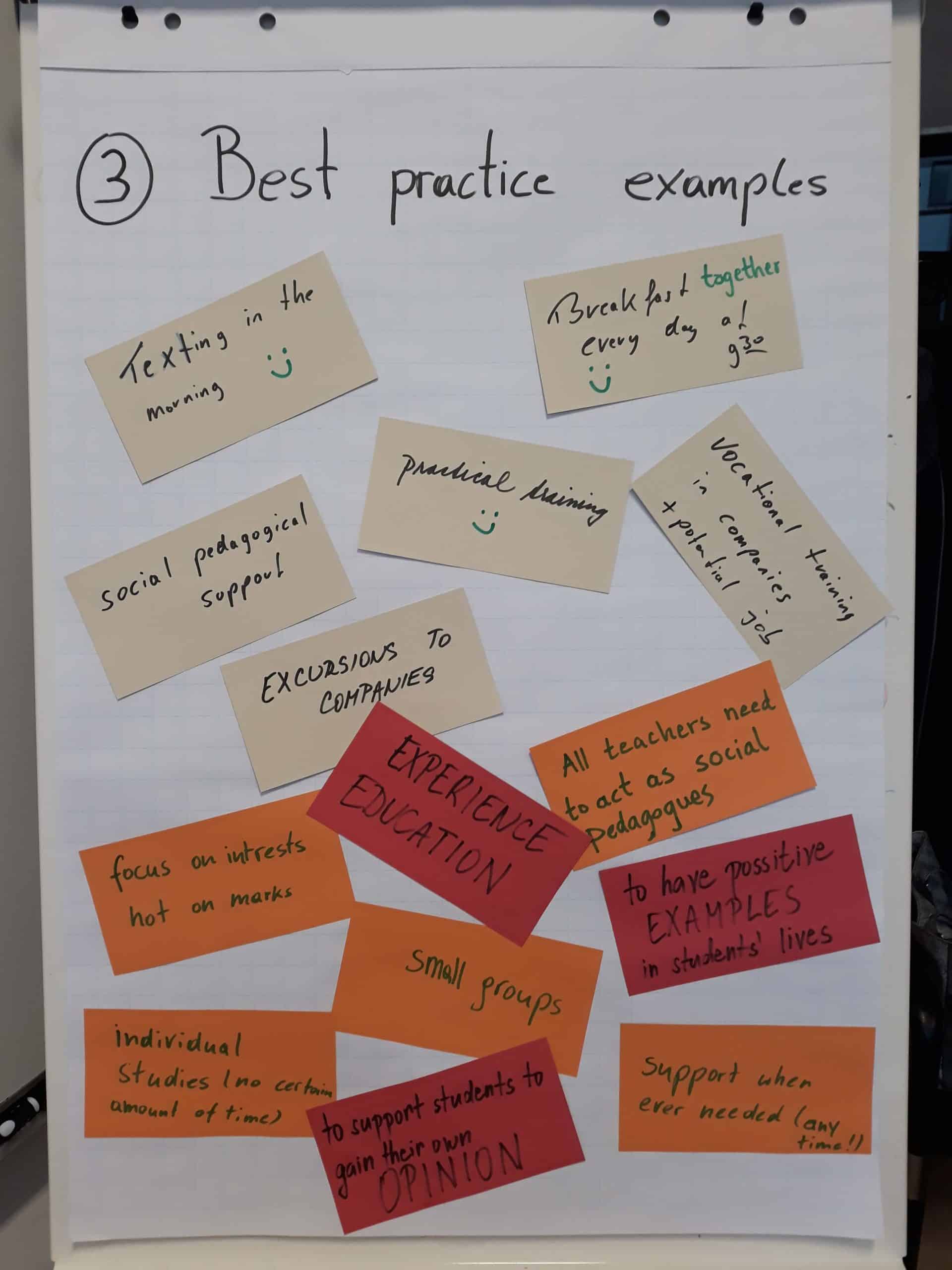
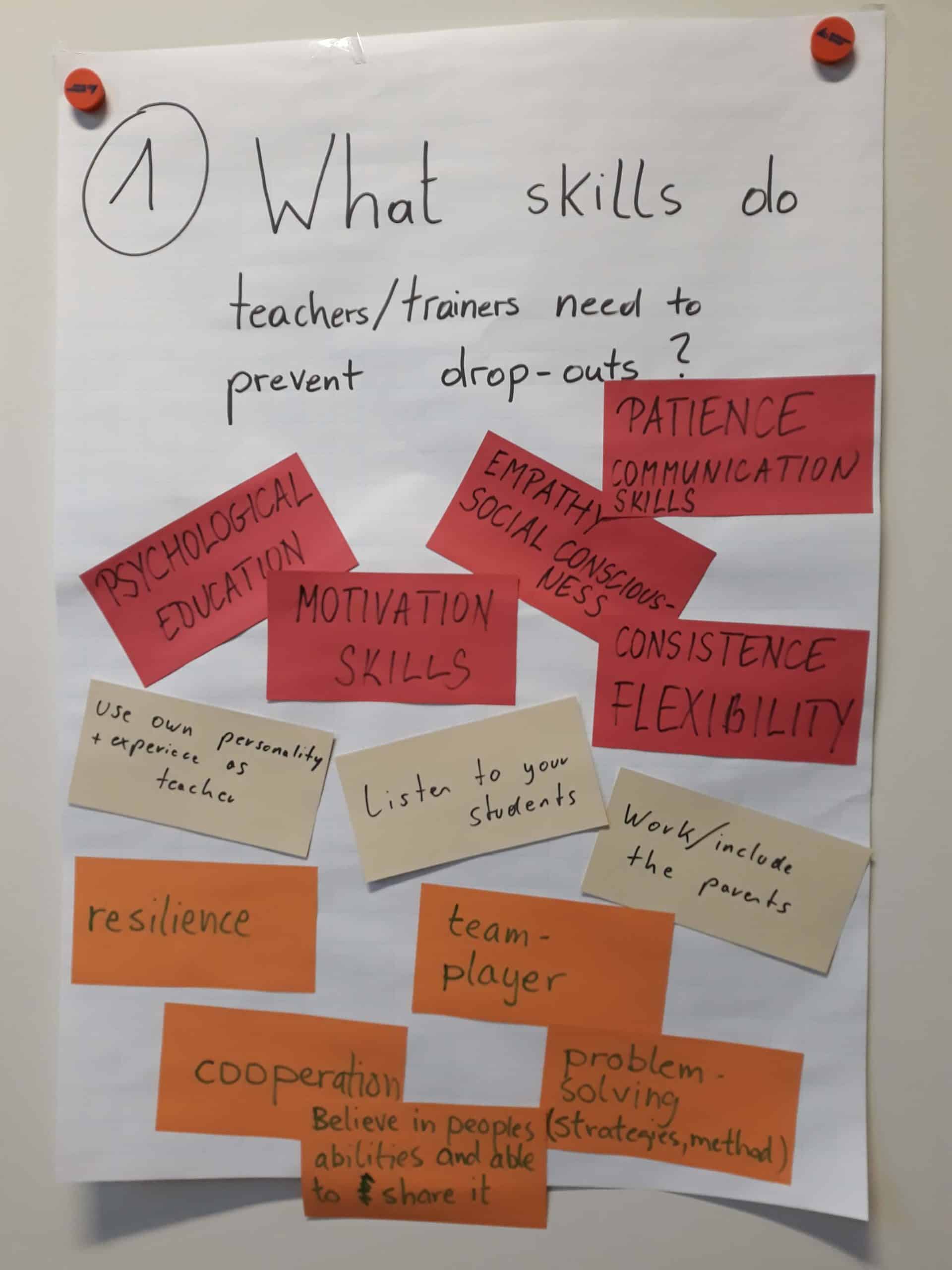
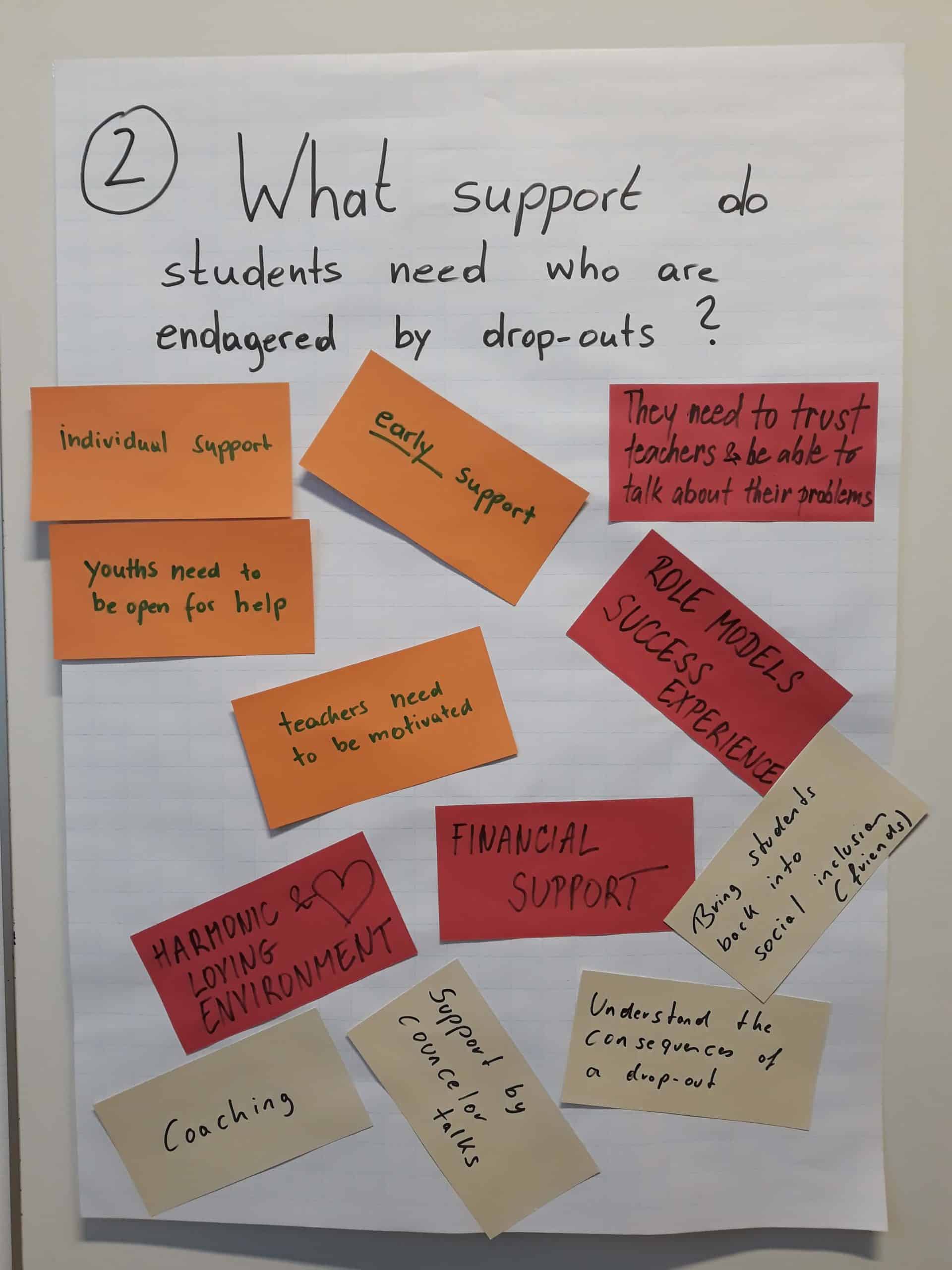
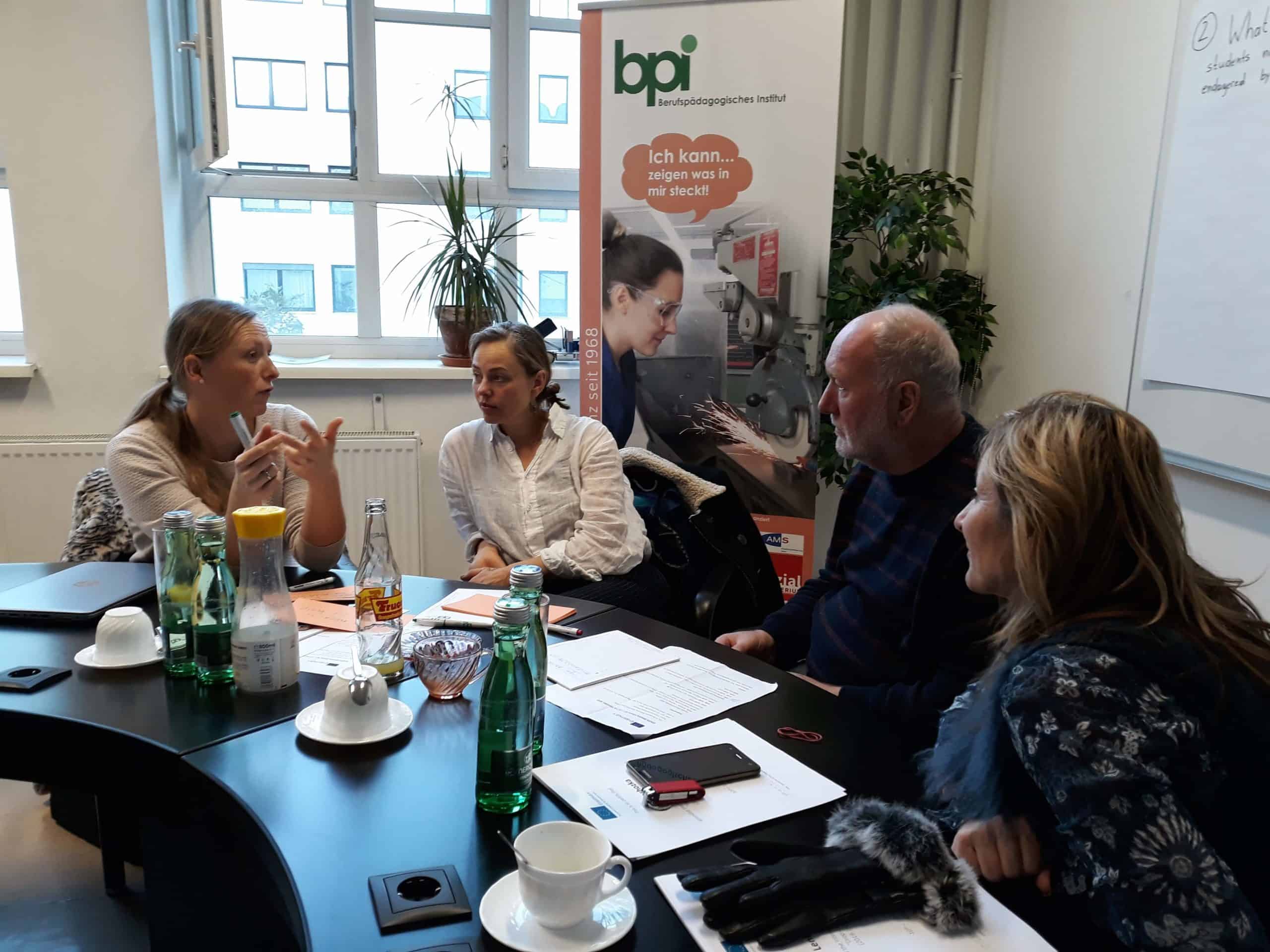
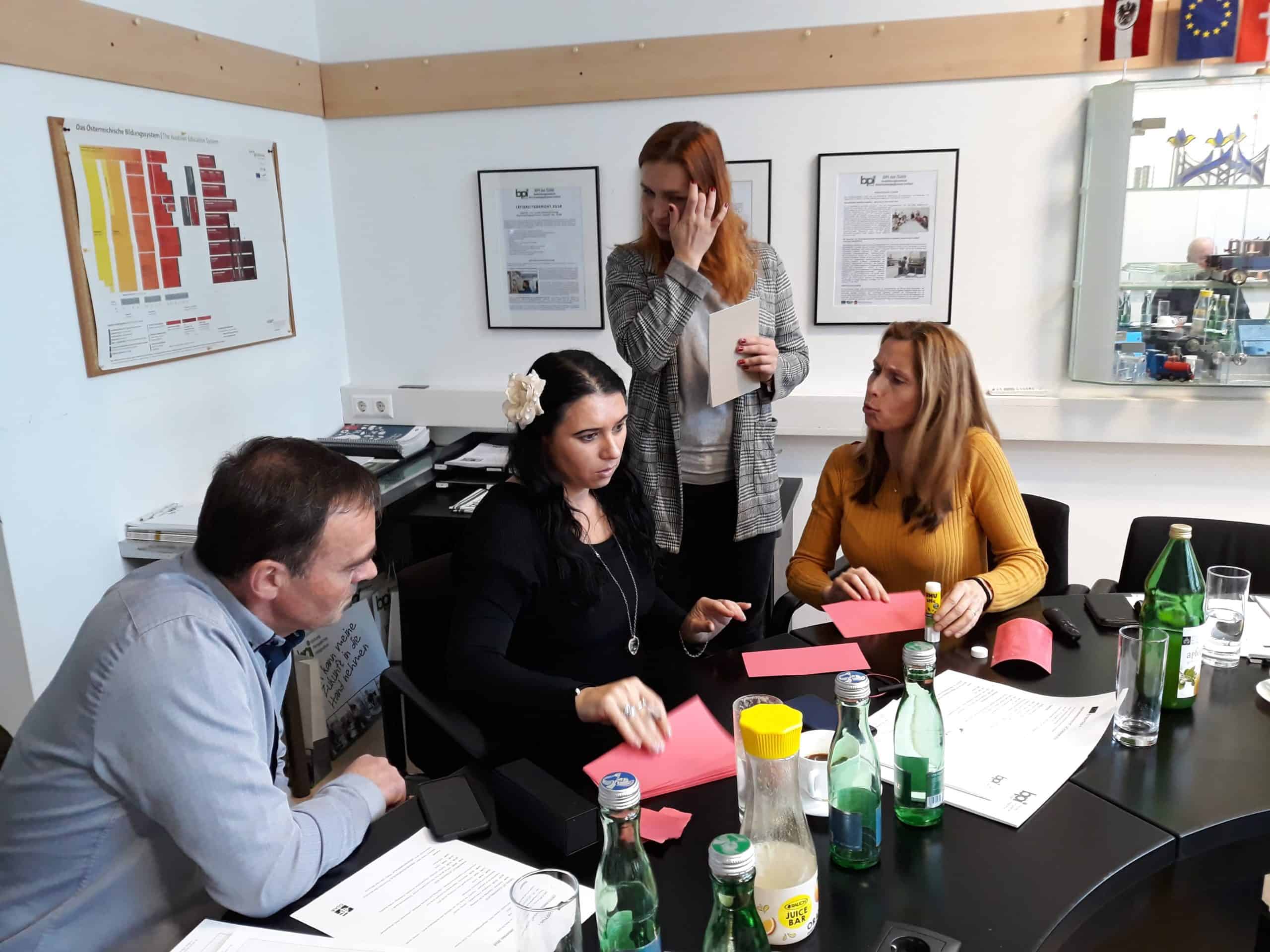
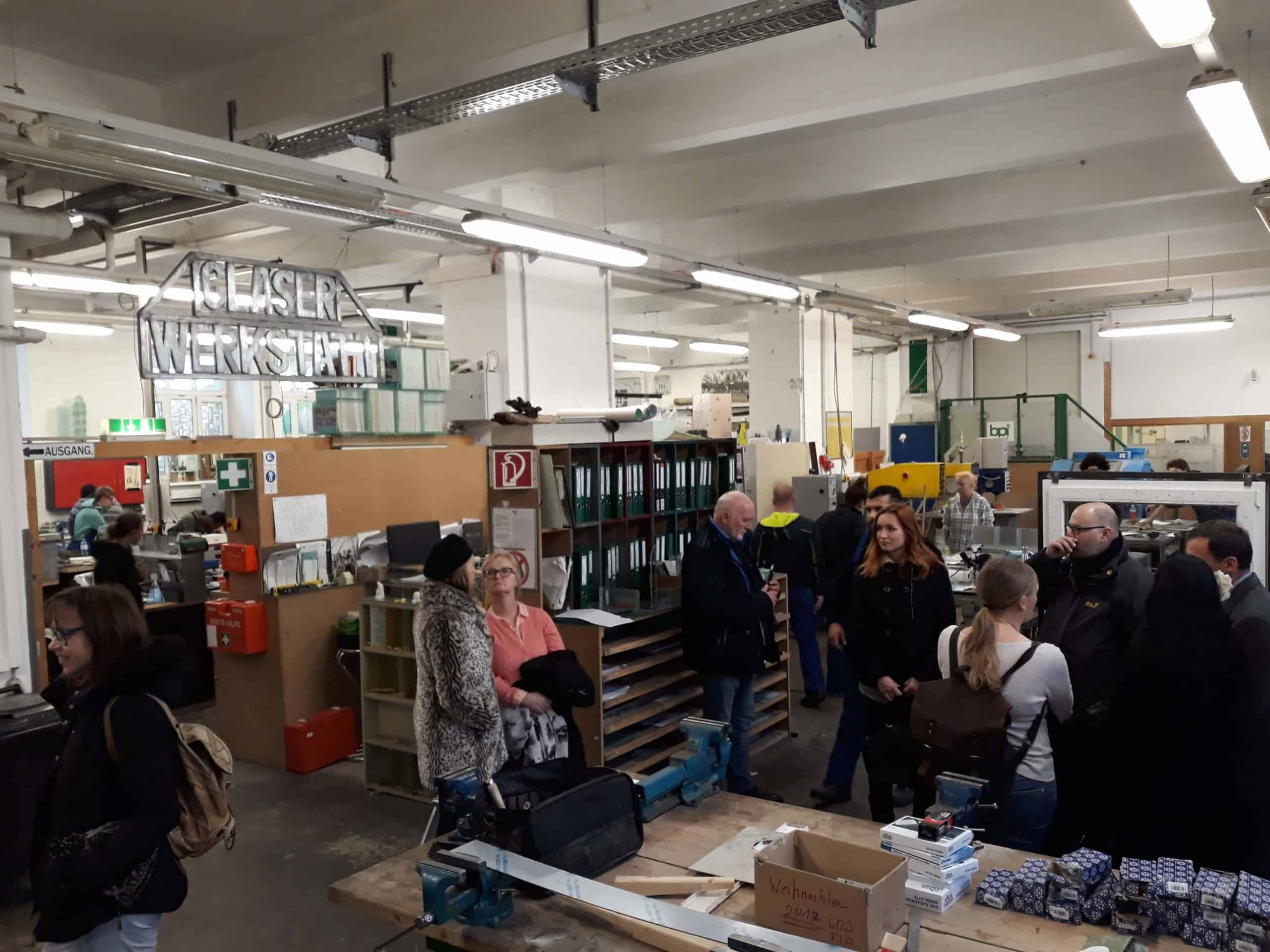
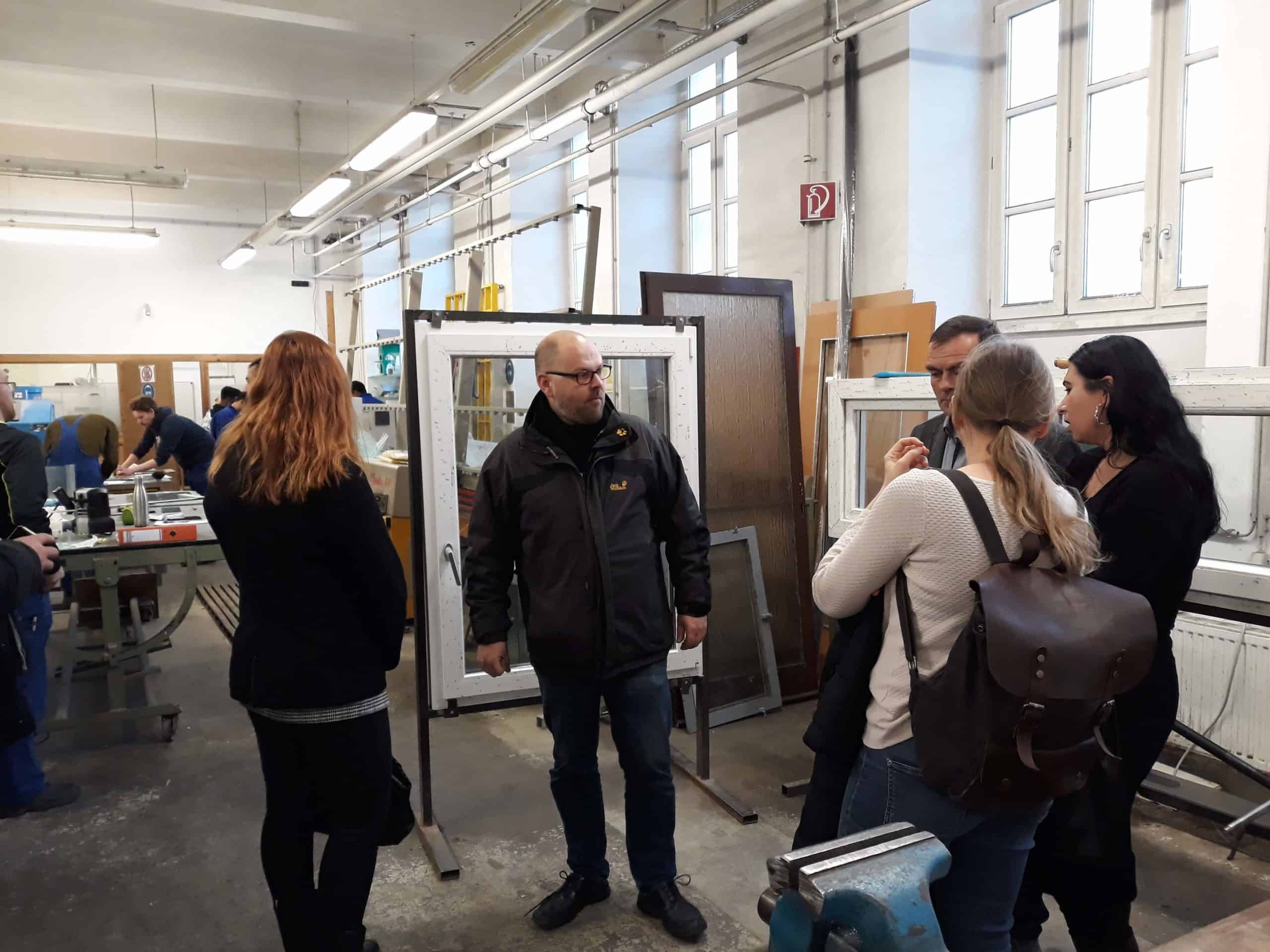
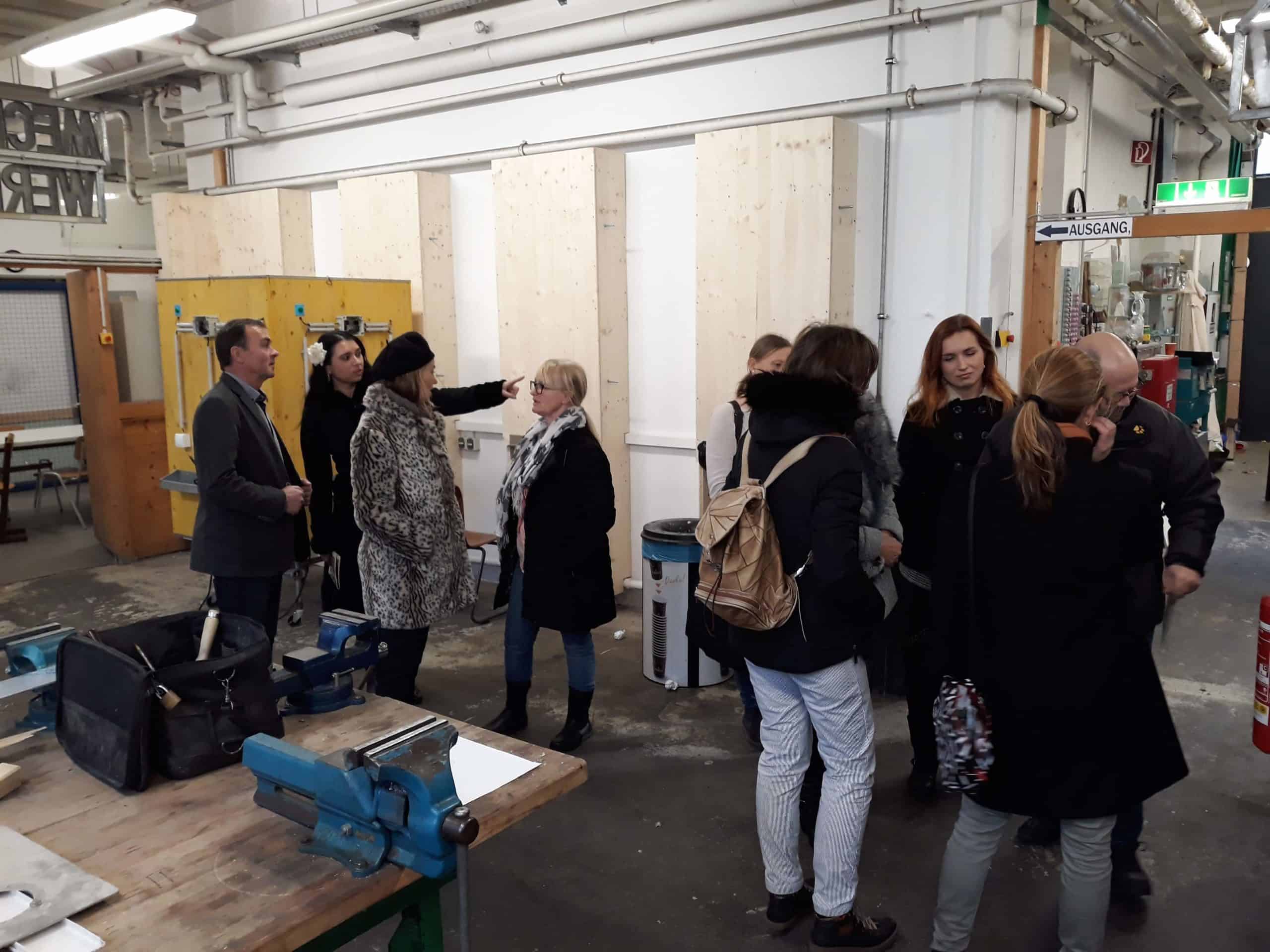
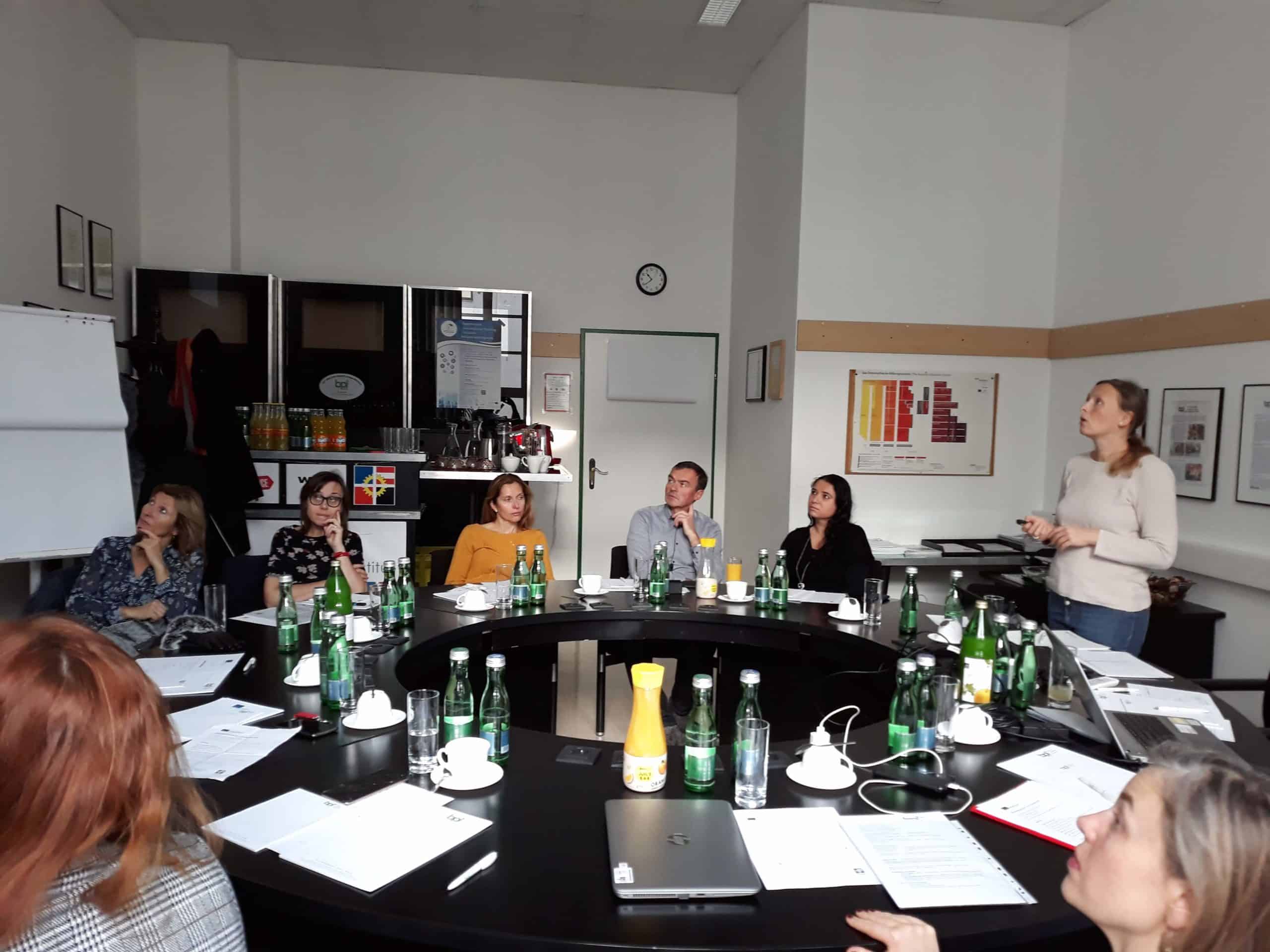
3-meeting: Training Drop Outs and Immingrants, 25th – 26th February 2020 in Malmö, Sweden
Third meeting was held in Malmö in February 2020. During the first day,there was a guided tour in Second Chance School. Most of the students are immigrants, some of them living in Sweden more than 10 years and still having problems with Swedish language. Students (between 20 and 30 years old) study there subjects that they need for their future studyies or future planned career. Some of the students study there only one year, some students more depending their approach, current situation and future plans.
All participants had a chance to take part in regular meeting with students and teachers of Second Chance School during common breakfast. It is a regular part of each studying day to participate in it. There is given budget for each breakfast, students of each class are responsible for buying drinks and food for all the participants, choose a menu for each day, prepare drinks and food and check the budget. During common breakfast students and teachers speak very openly about their current problems, their tasks for each day, etc. There was quite nice and open atmosphere, it was visible that teachers and students are in really close relationship. This was totally new approach for all the partner organisations.
After the breakfast we had a chance to observe lessons in Second Chance School and talk with students and teachers. In the afternoon, there was planned a visit of Adult Education, Health and Care, Carl-Johan Mattson together with guided tour of this organisation.
Second day, there was a presentation from organisation Ung Malmö presented by Mrs. Melinda Rago. This organization closely cooperates with Malmö Labour Center, The Swedish Public Employment Service in Malmö and Second Chance School in Malmö. It was visible that in Austria, Czech Republic and Slovak republic are missing similar institutions like Second Chance School and Ung Malmö. All partners discussed these aspects.
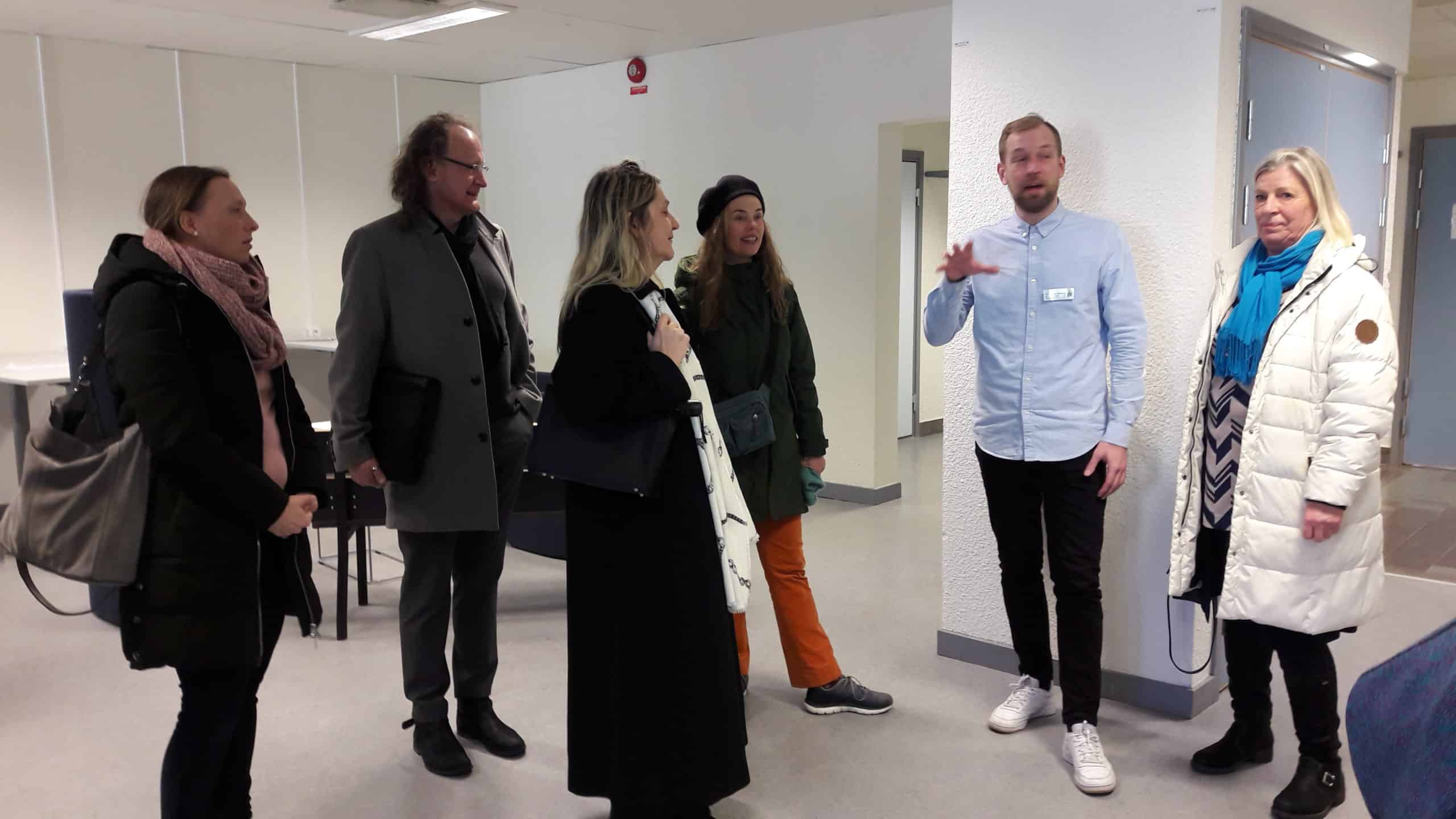
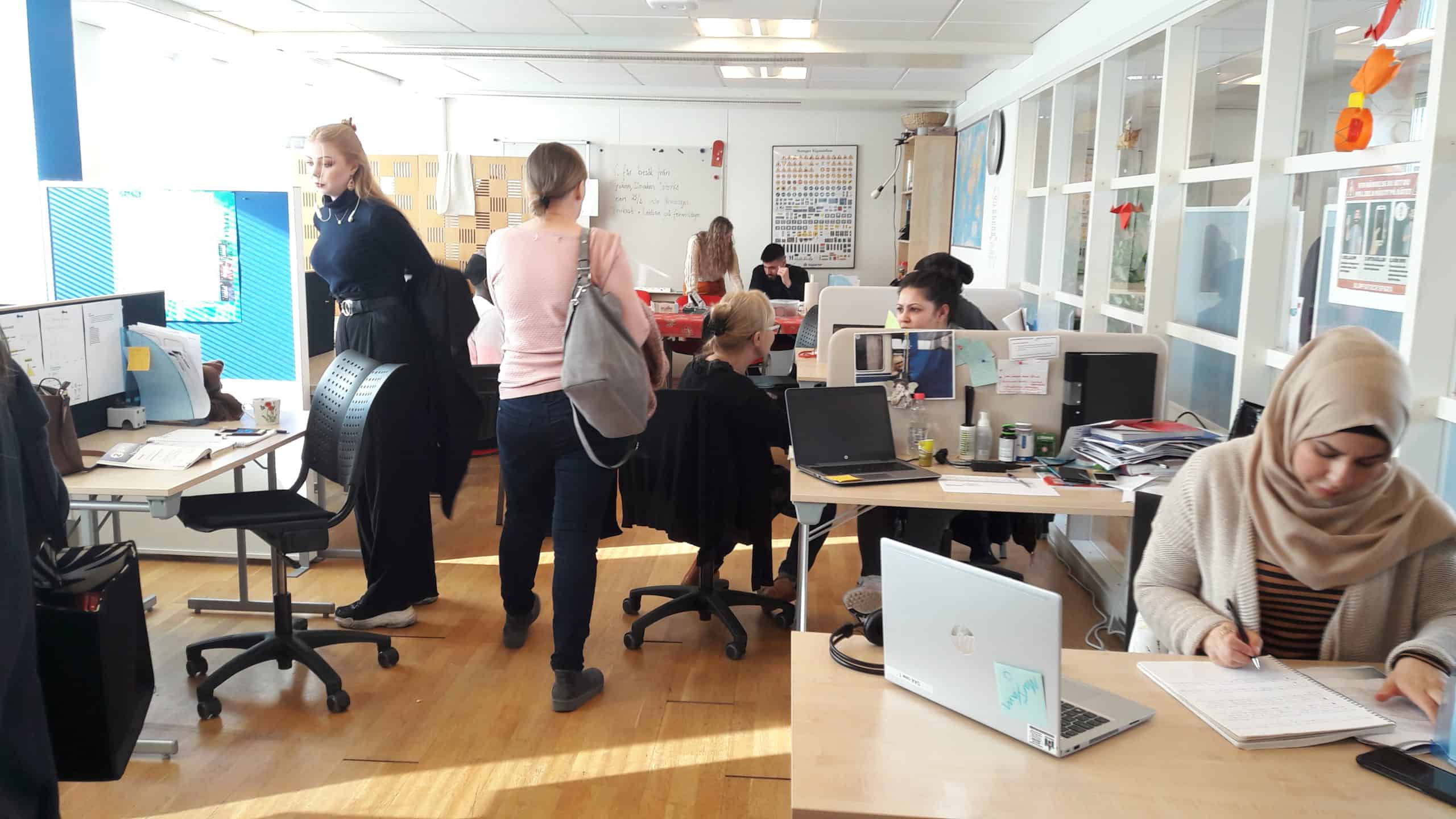
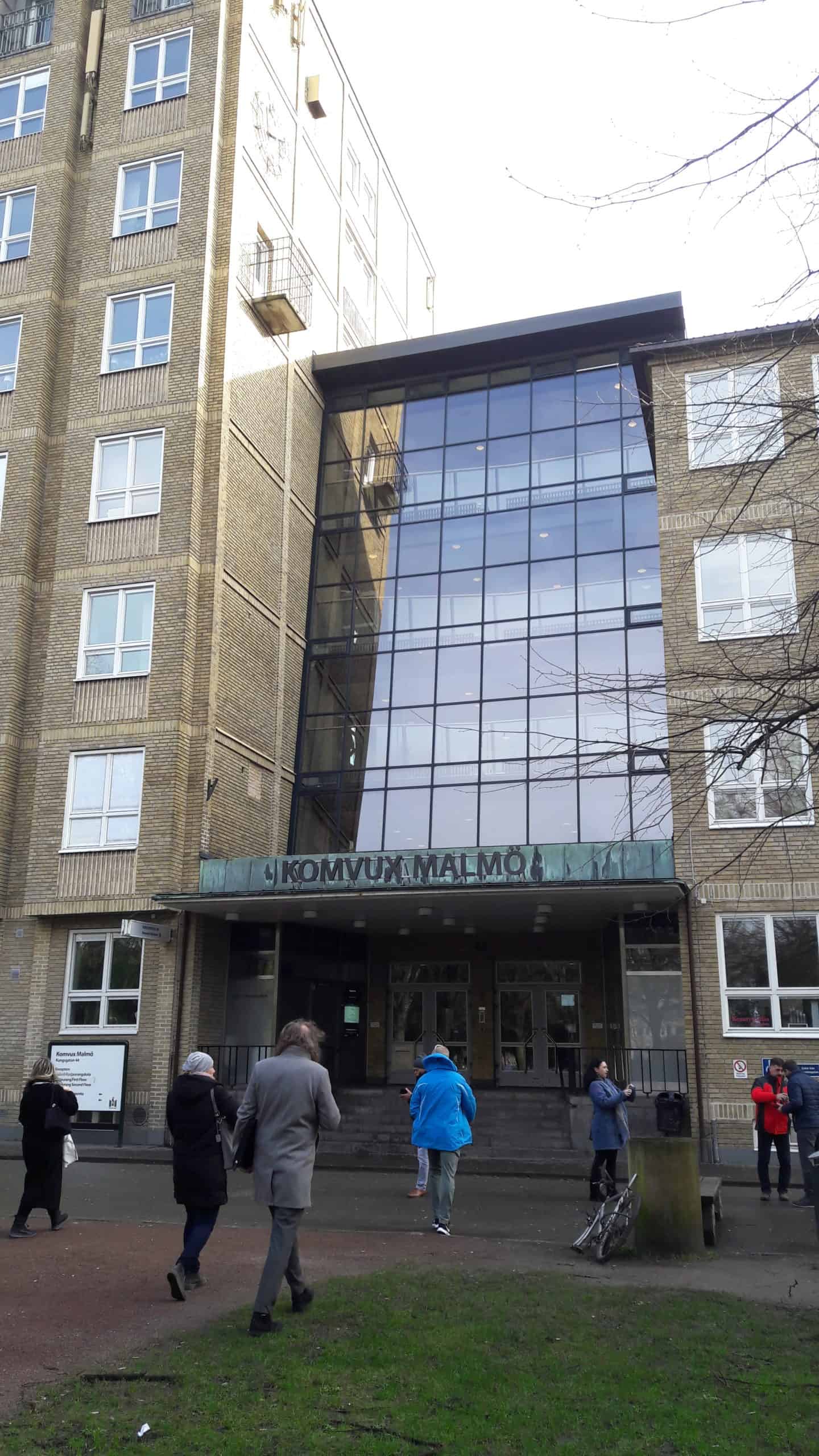
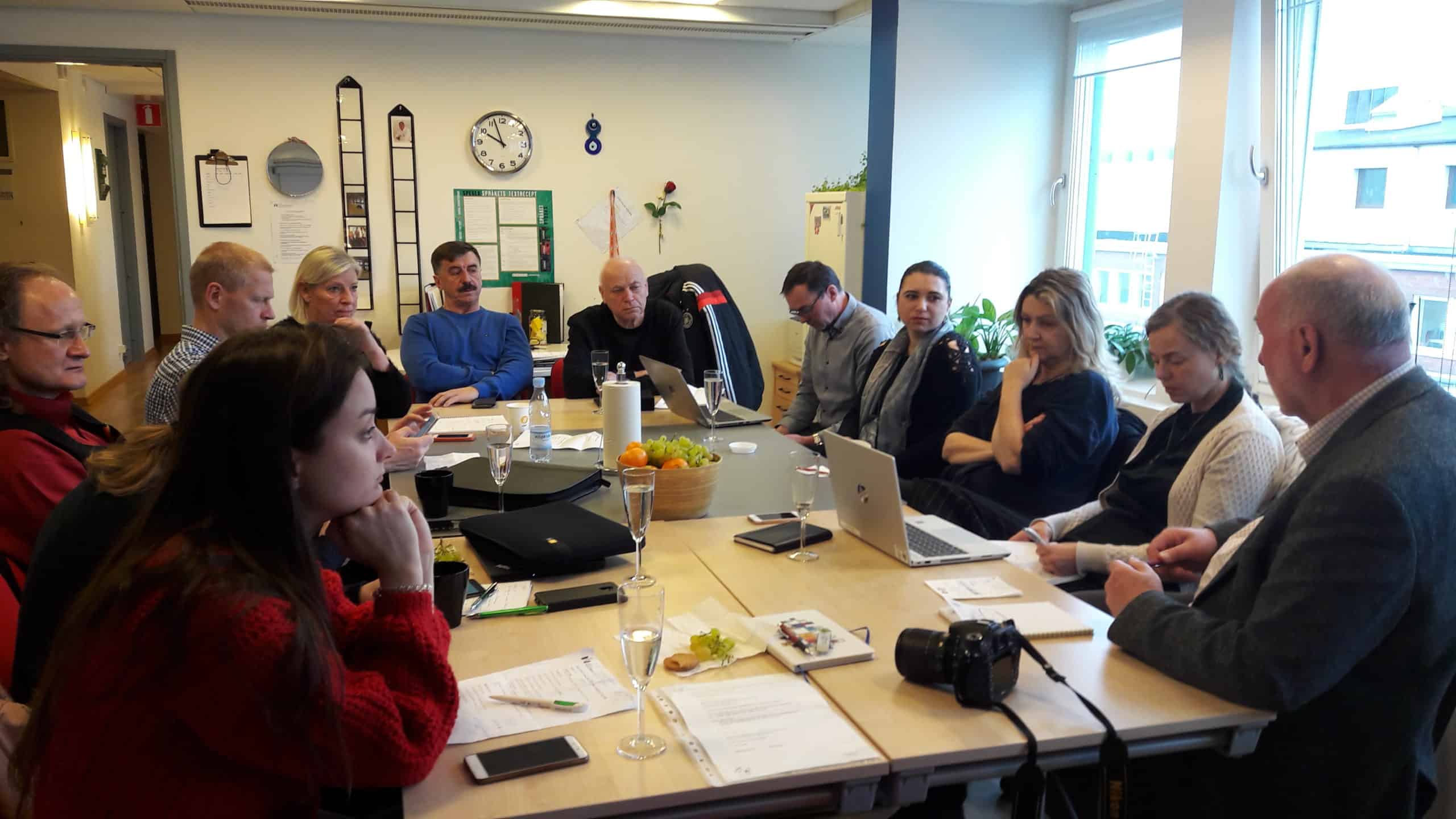
4-meeting: Practical experiences with young teachers and trainers, 19th July 2021 – 20th July 2021 in Martin, Slovakia
Meeting in Slovakia was organised after more one year after the previous meeting in Sweden due pandemia Covid-19 and it was not possible to meet the whole project consortium. Only 2 Czech partners and local school in Martin city in Slovakia participated. The school in Martin presented the school and the system of dual training system. What was the most significant it was presentation of the Social Club for communication of whichever social problems of students with a help of young teachers and trainers. This is an innovative system in communication with students and solving problems in team work. The other partners who didn´t participating on the meeting (Austria, Sweden) were informed through the presentation delivered online. The Slovak partner delivered a present box with some local products to each partner as compensation for missing the meeting.
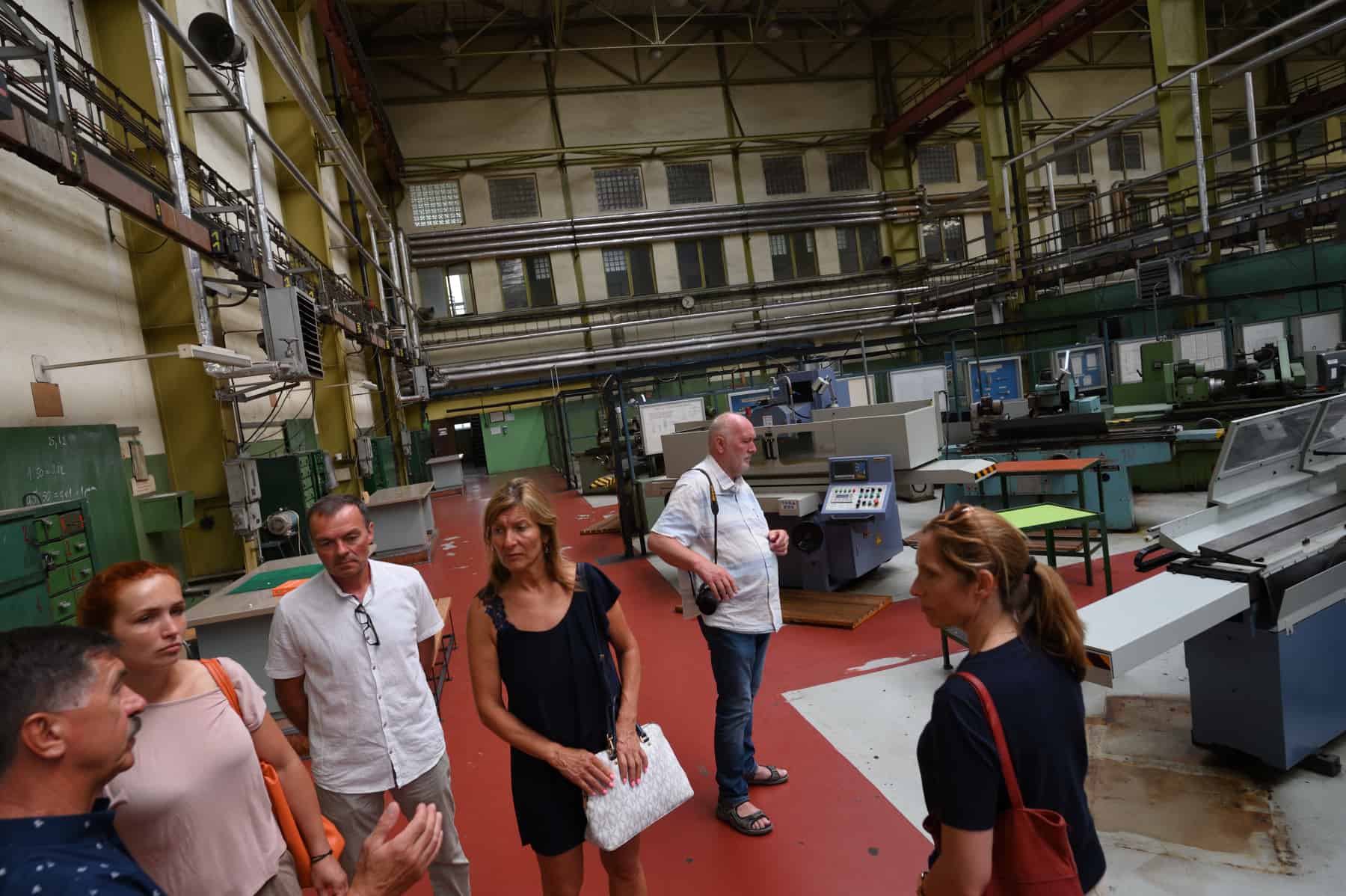
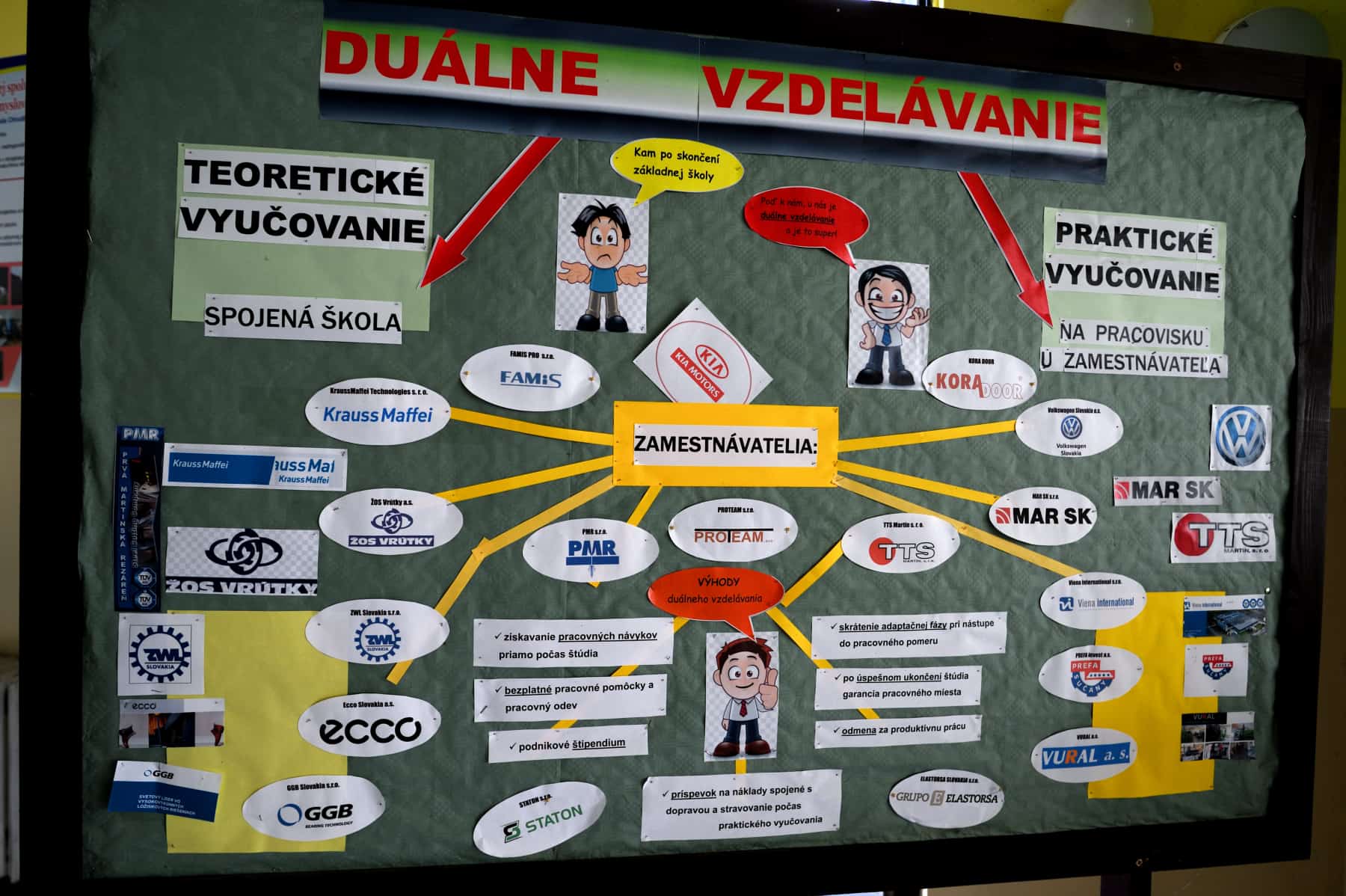
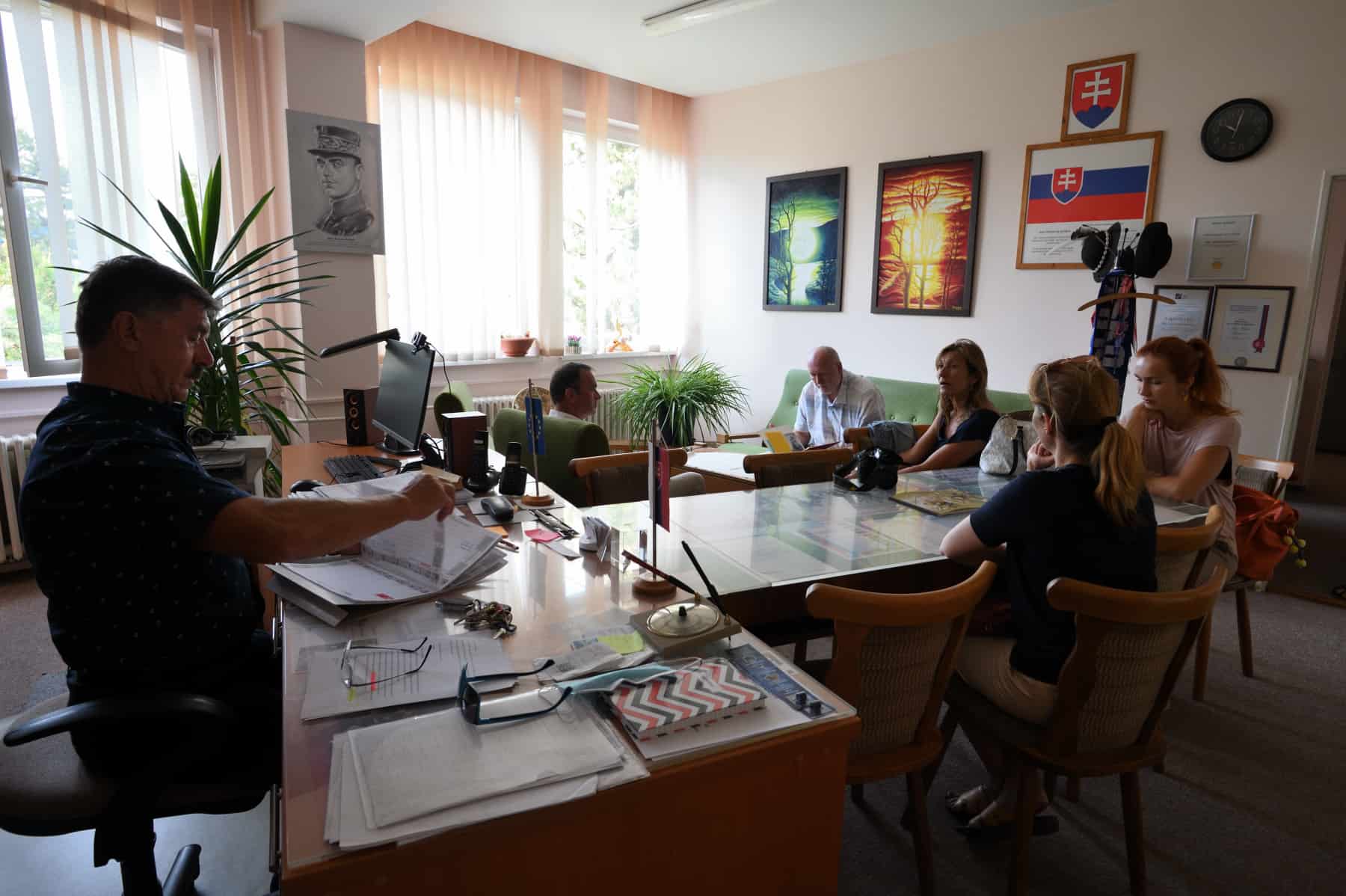
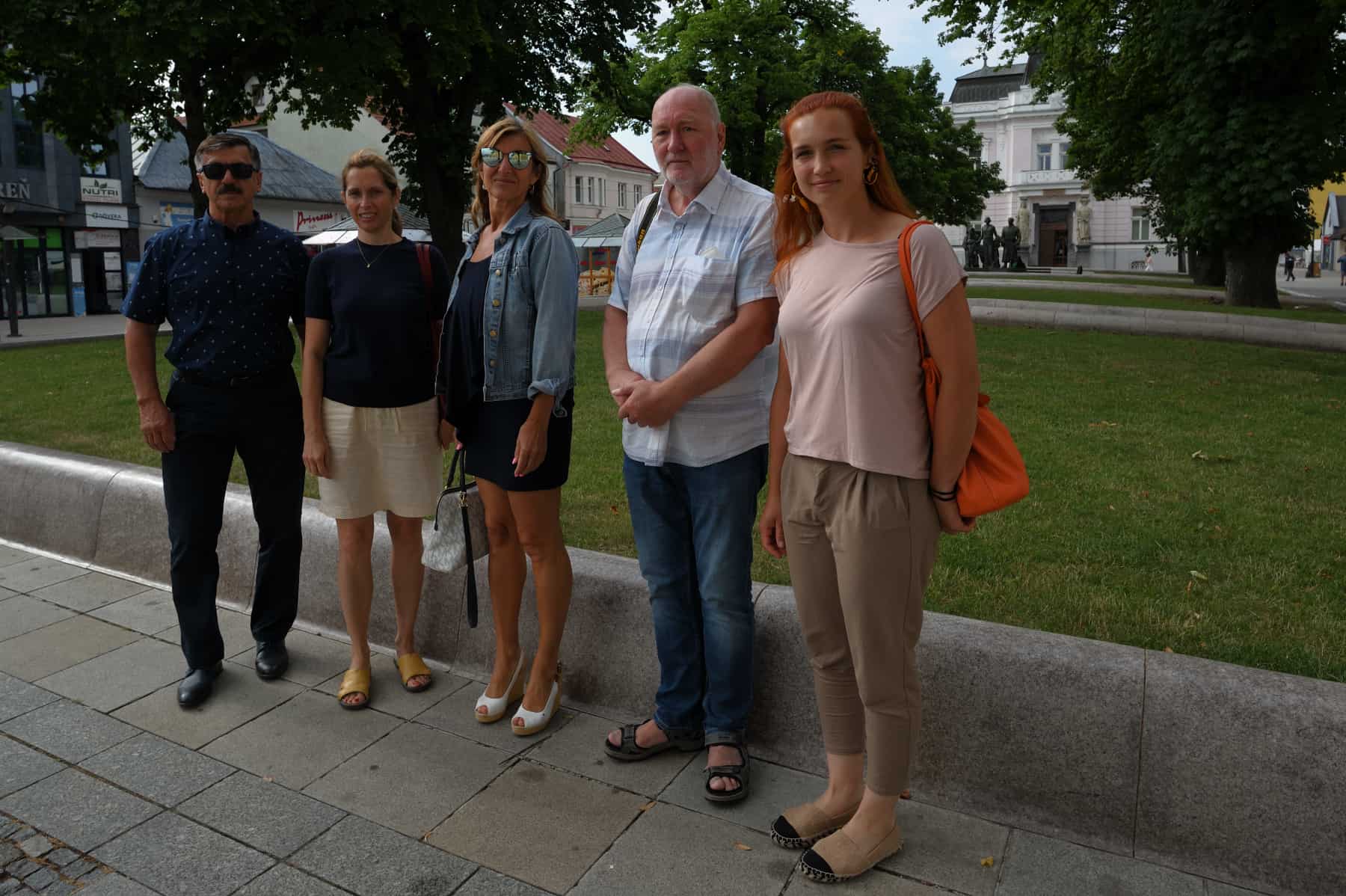
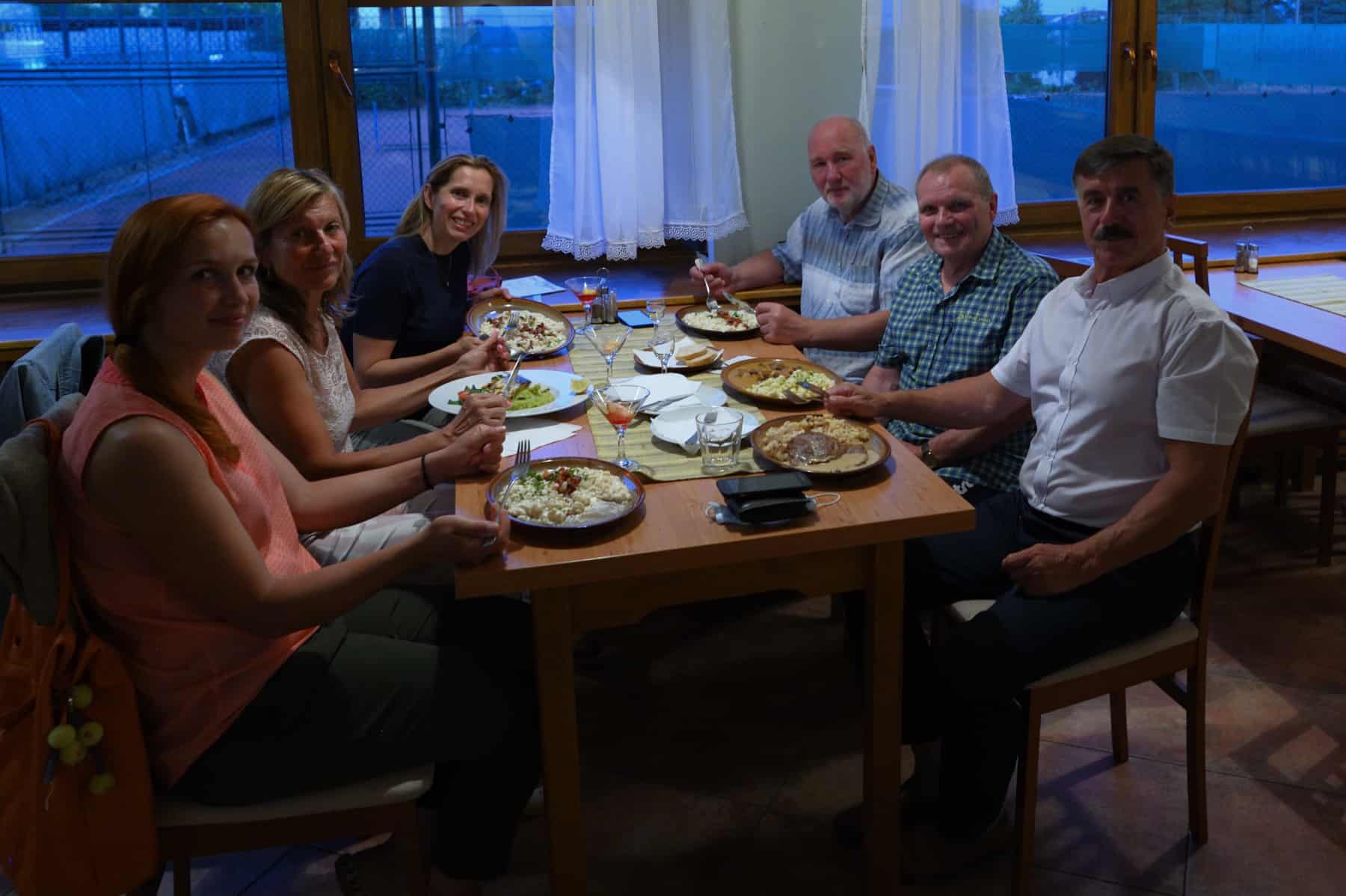
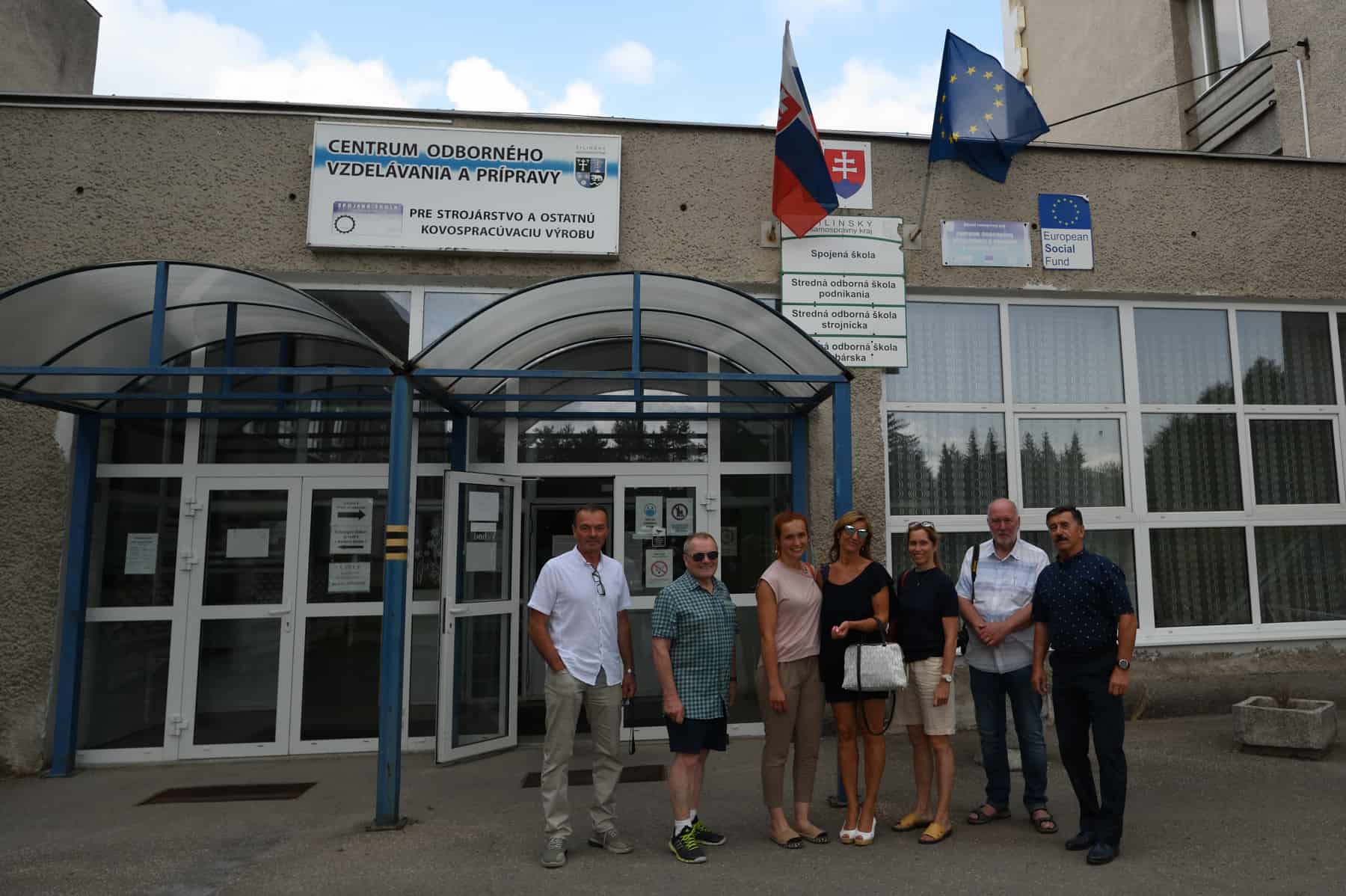
5-Final meeting, 29th – 30th September 2021 in Ratmerice, the Czech Republic
The Final Meeting was held in Ratmerice for 3 project partners participants (Educa International, o.p.s., COP Sezimovo Ústí and Spojená škola Martin). The other partners from Sweden and Austria did not participate due to Covid-19 pandemia and they were invited for their own opinion and recommendation for the next steps (dissemination actvities, another common projects ideas based on this project, etc.).
